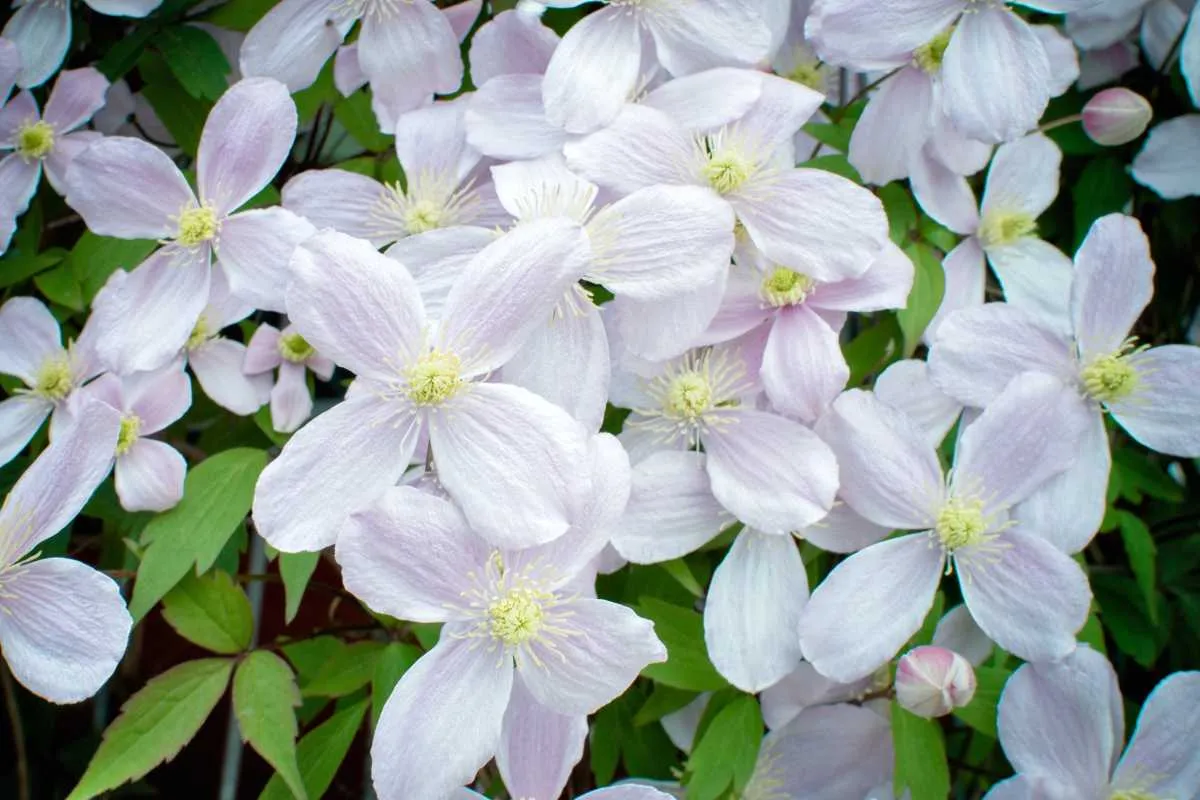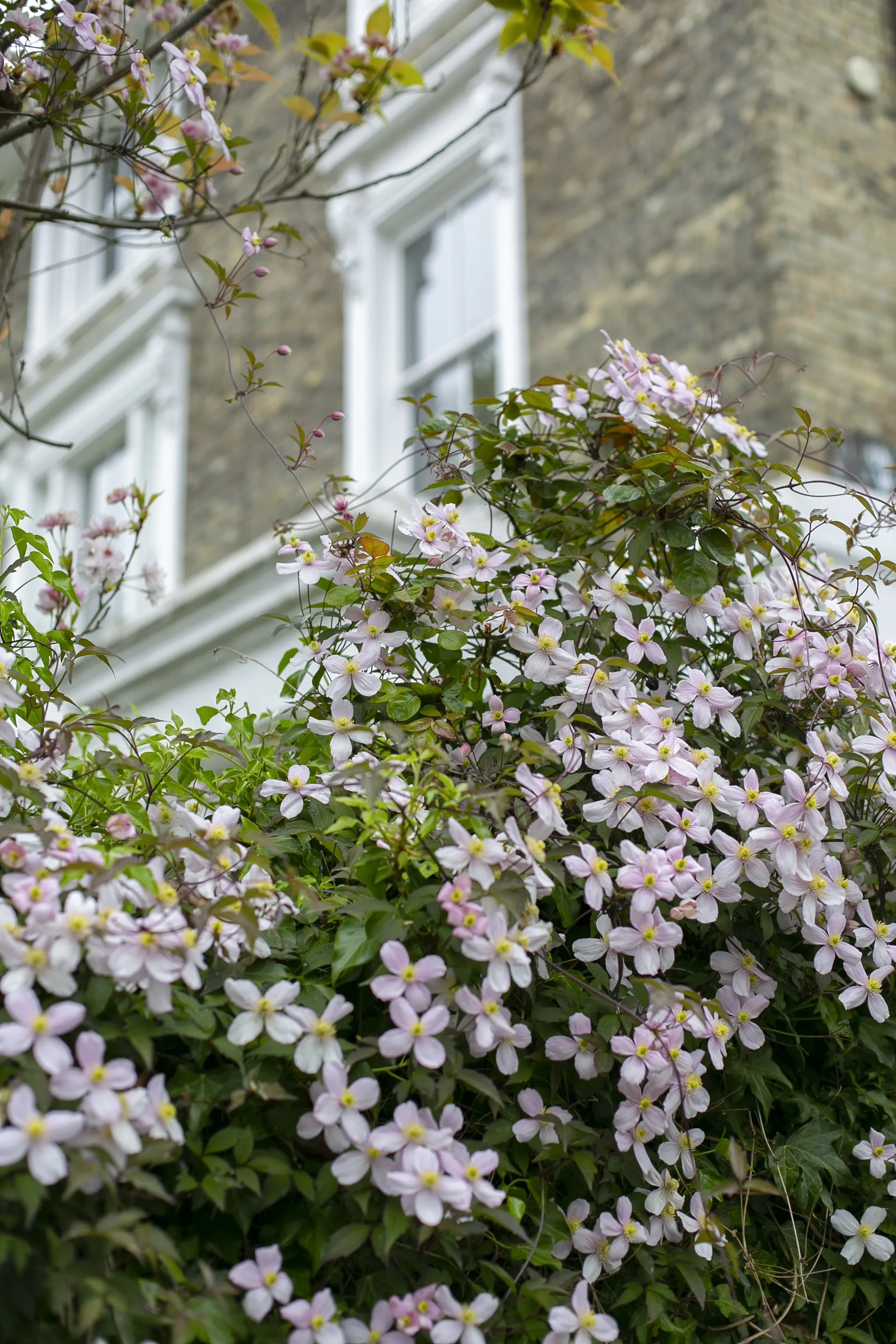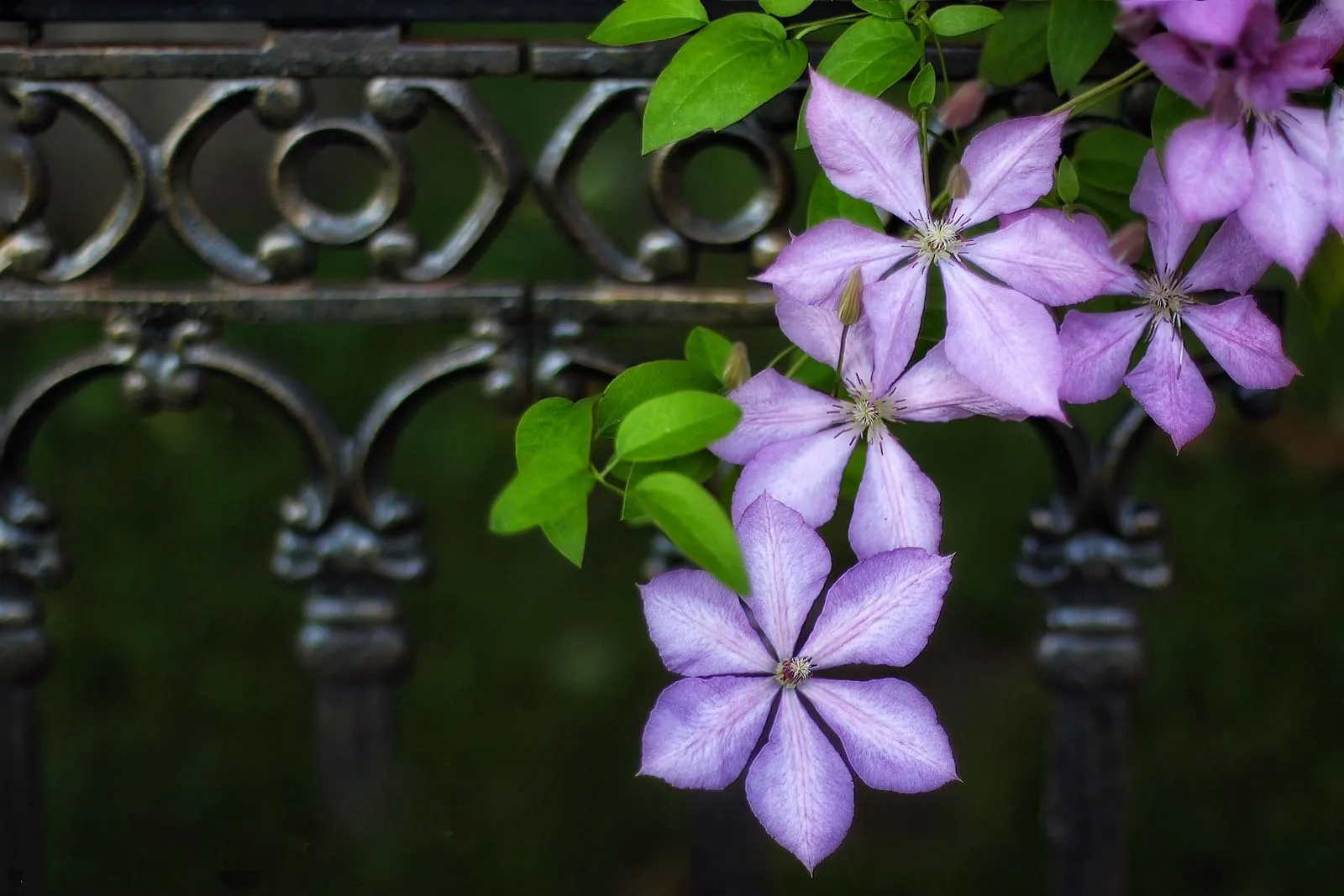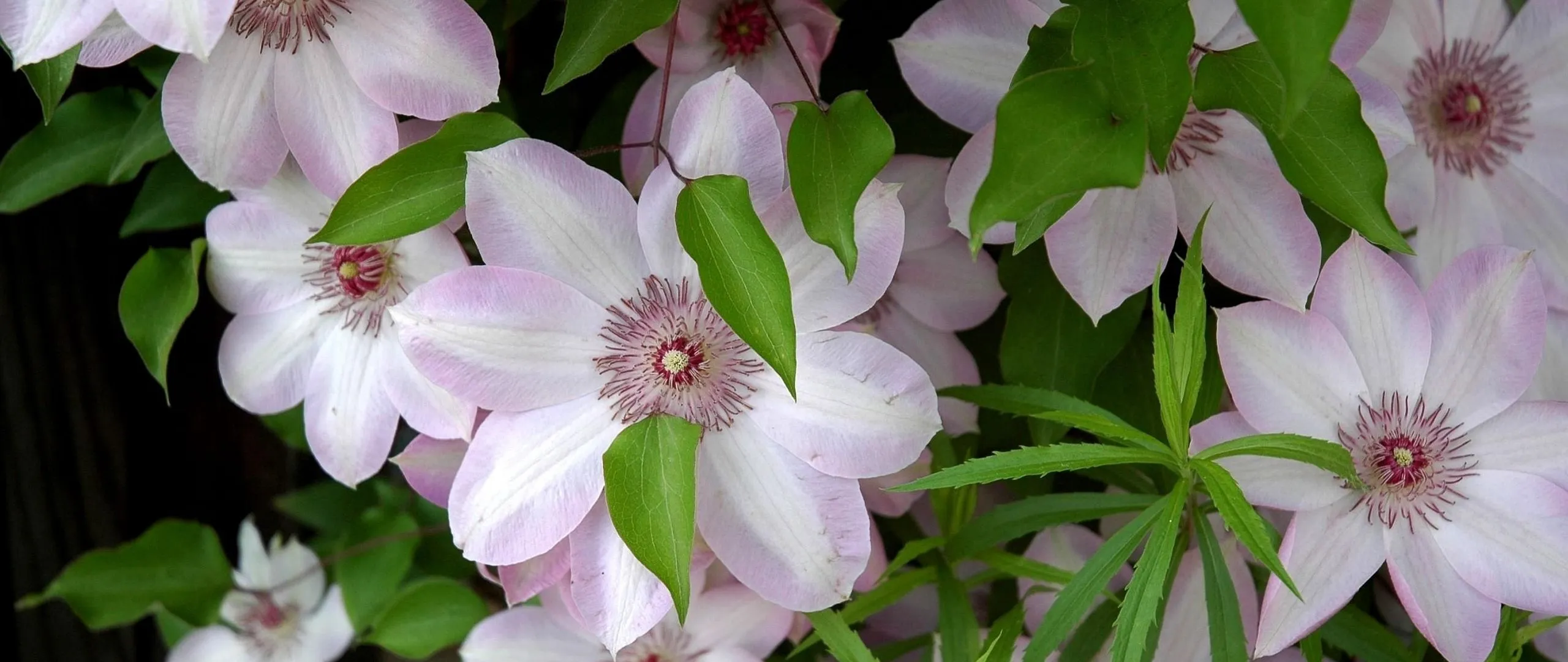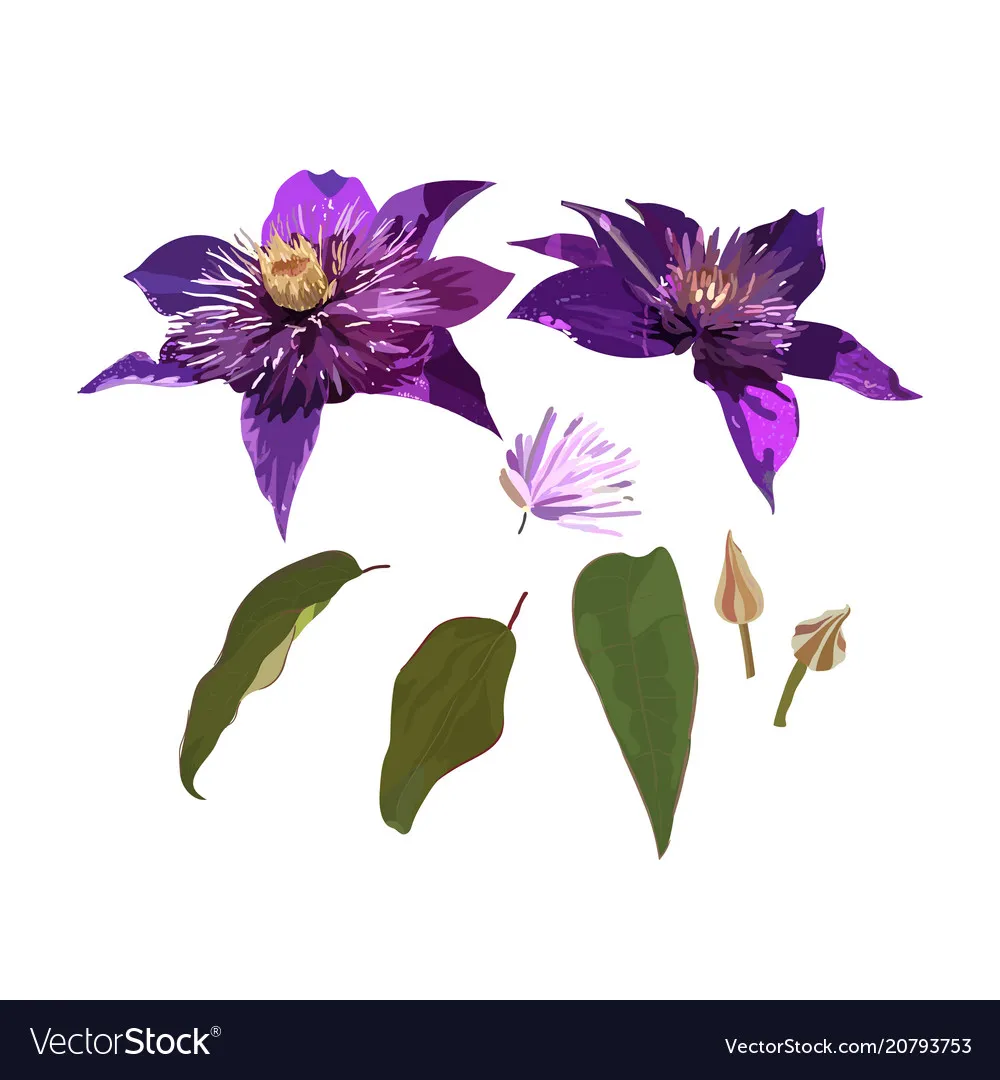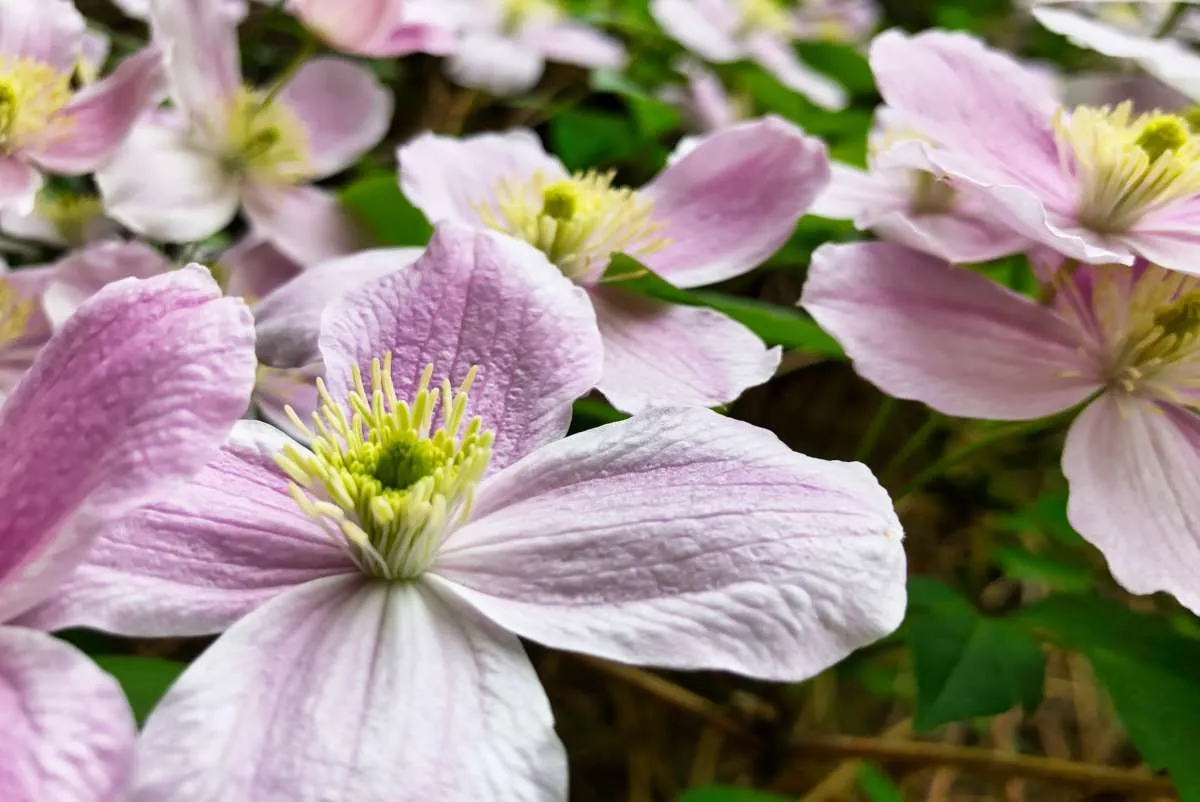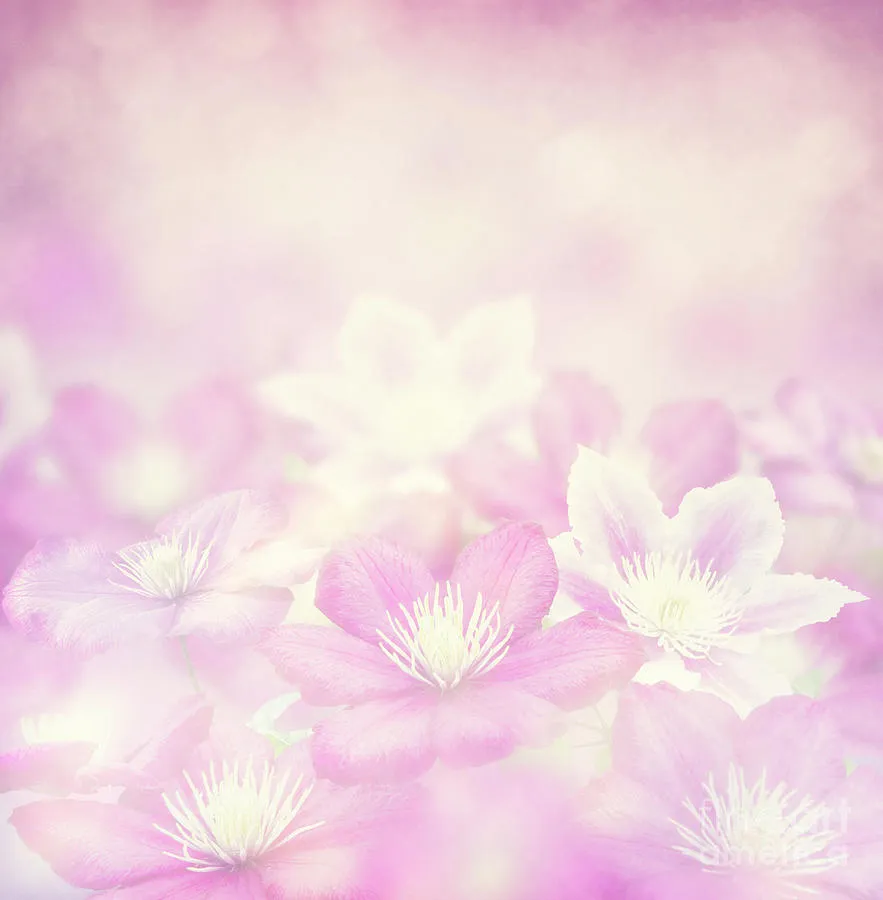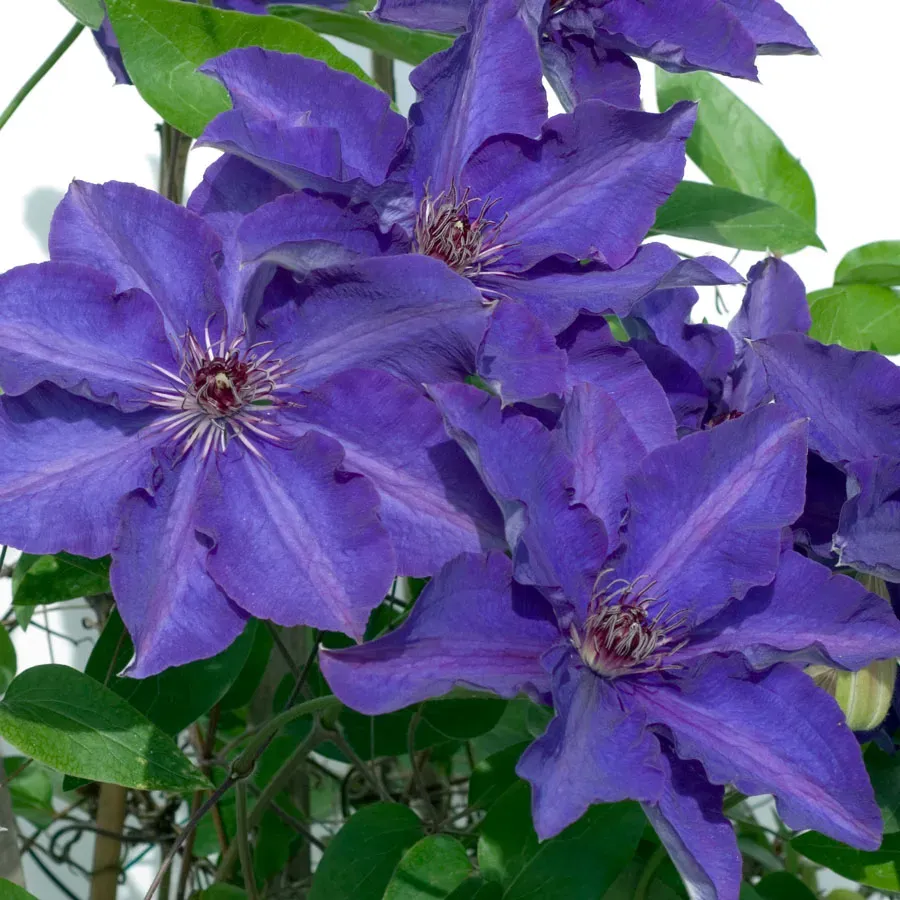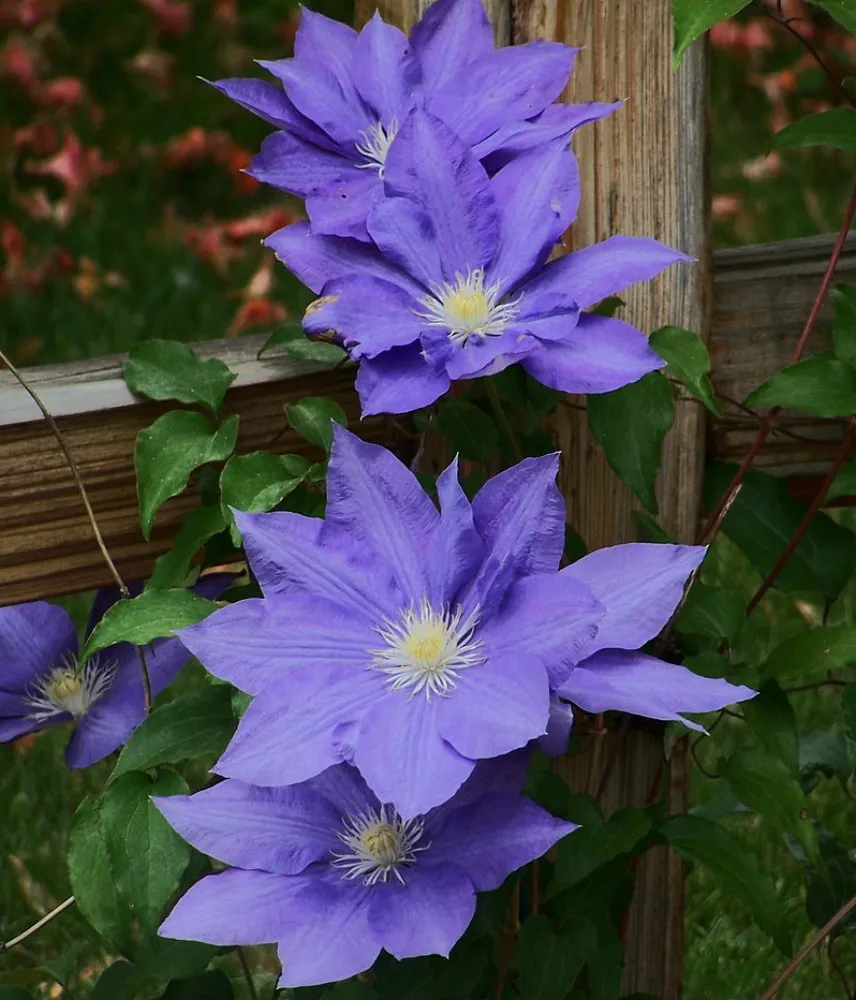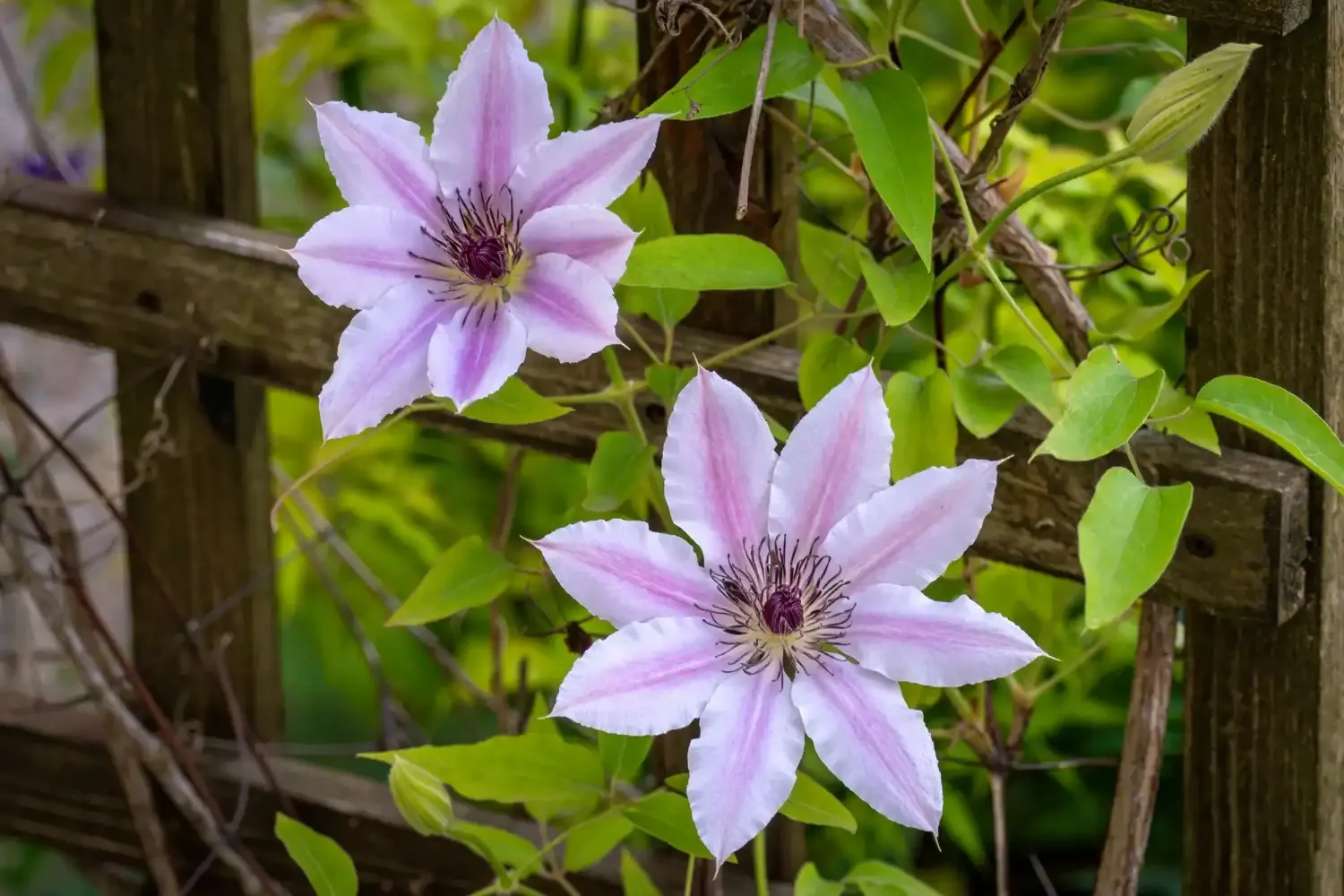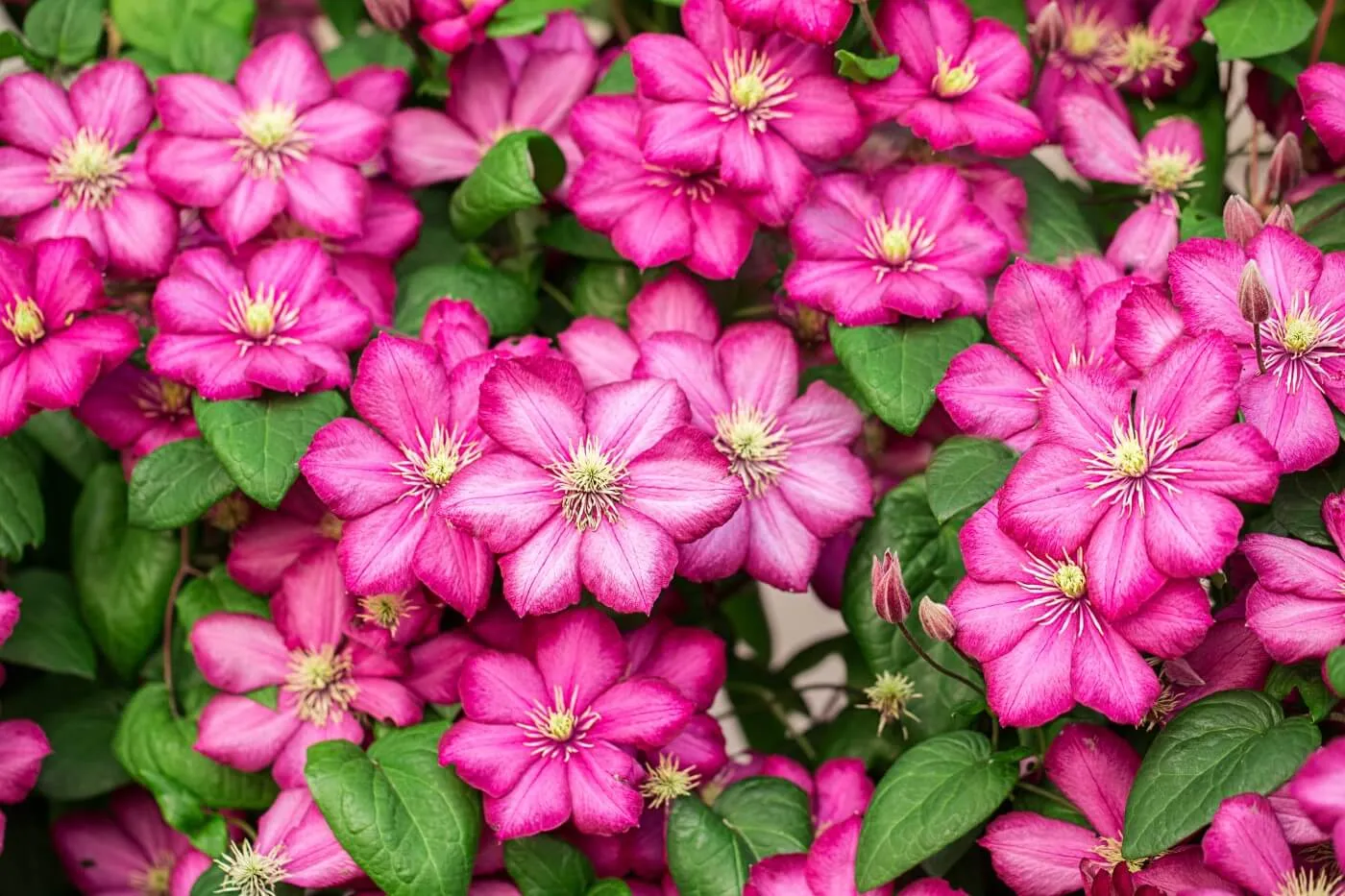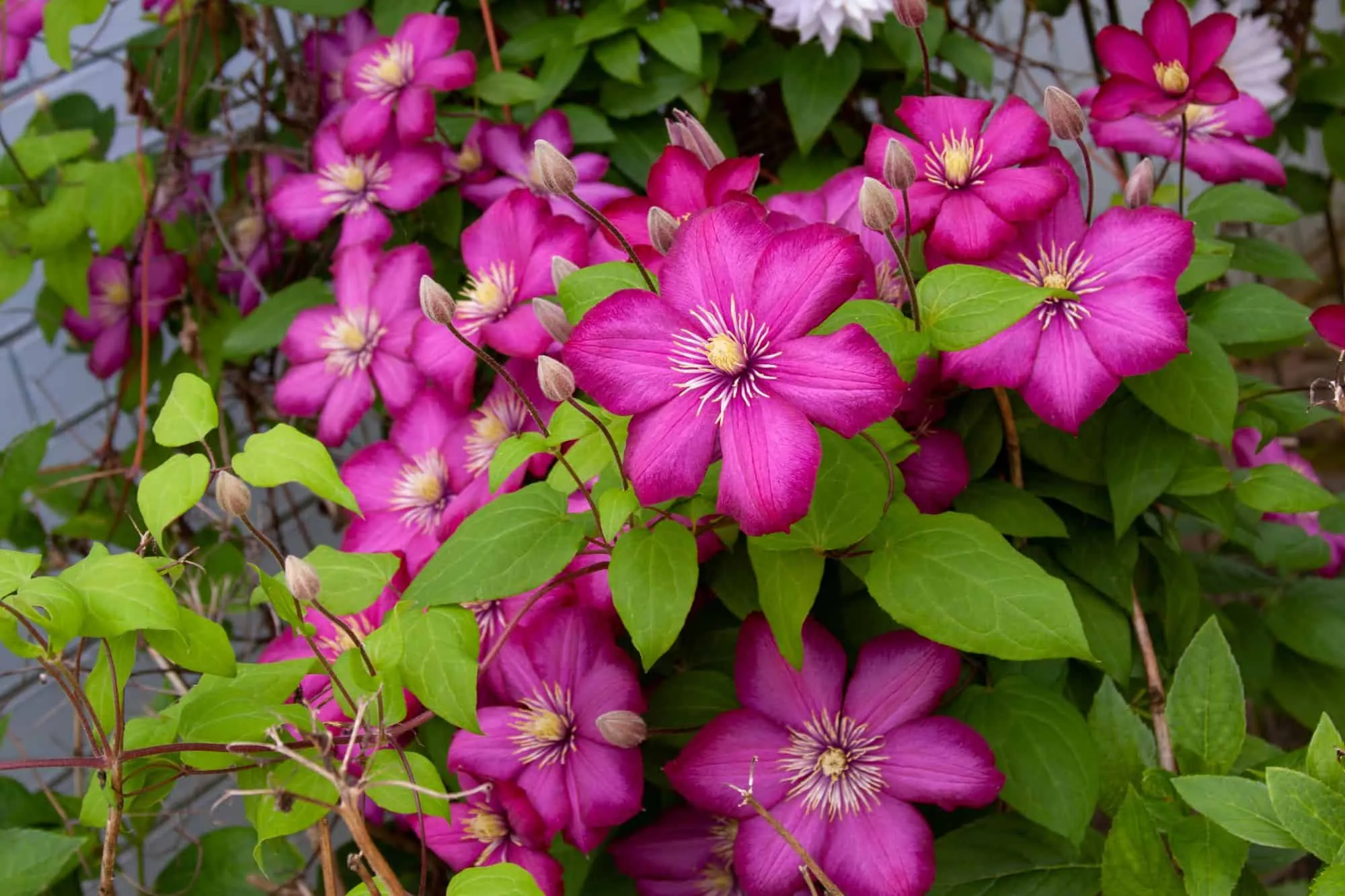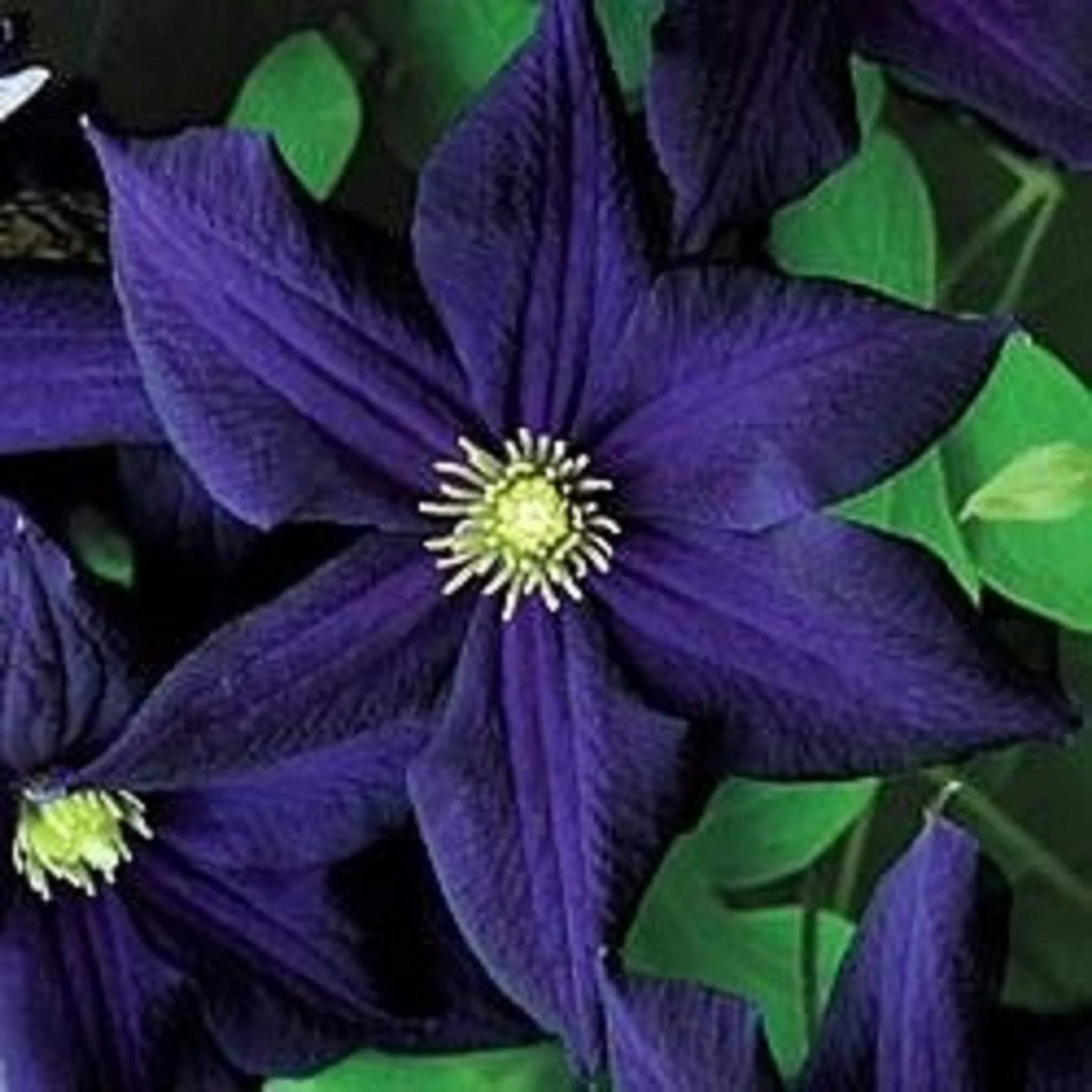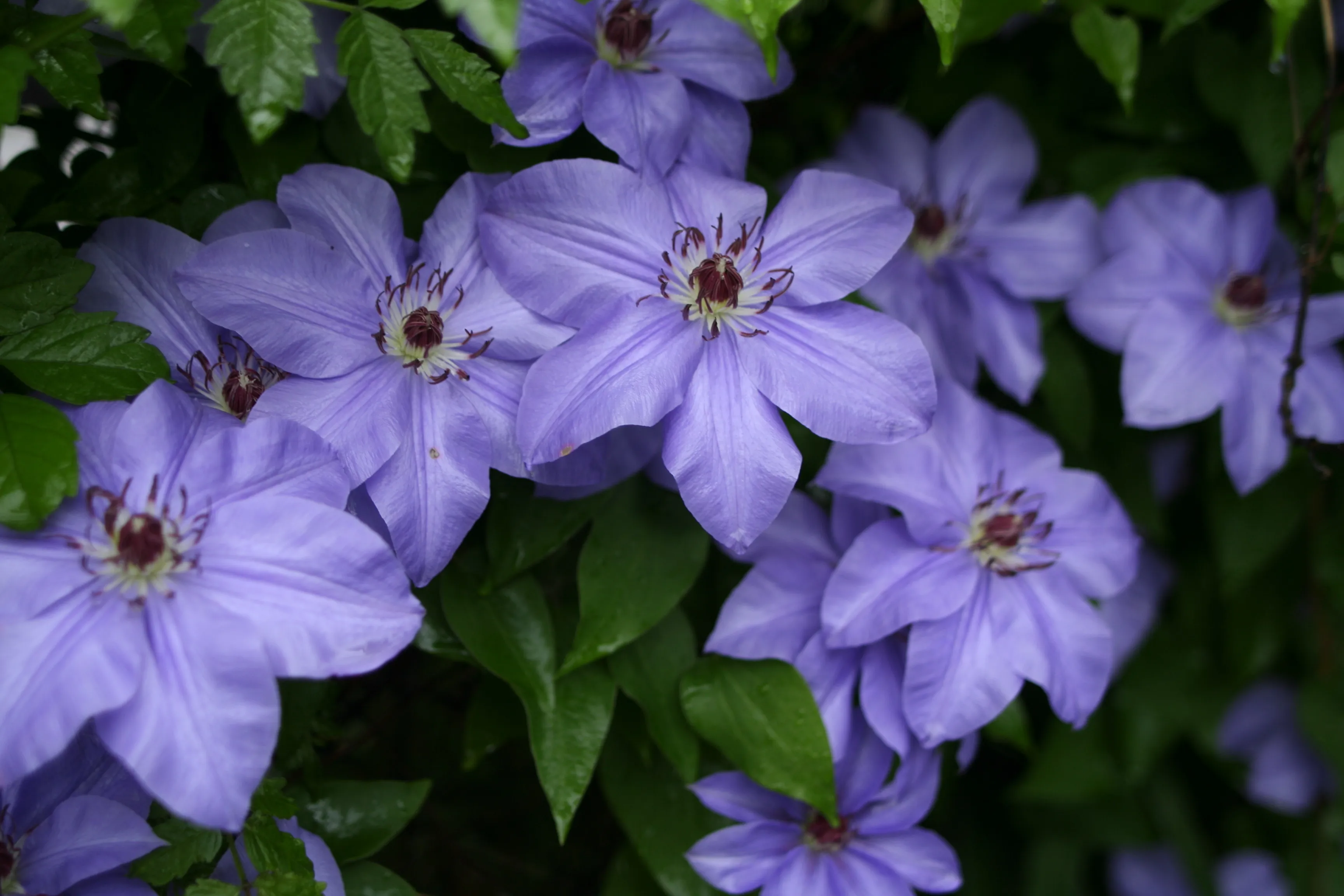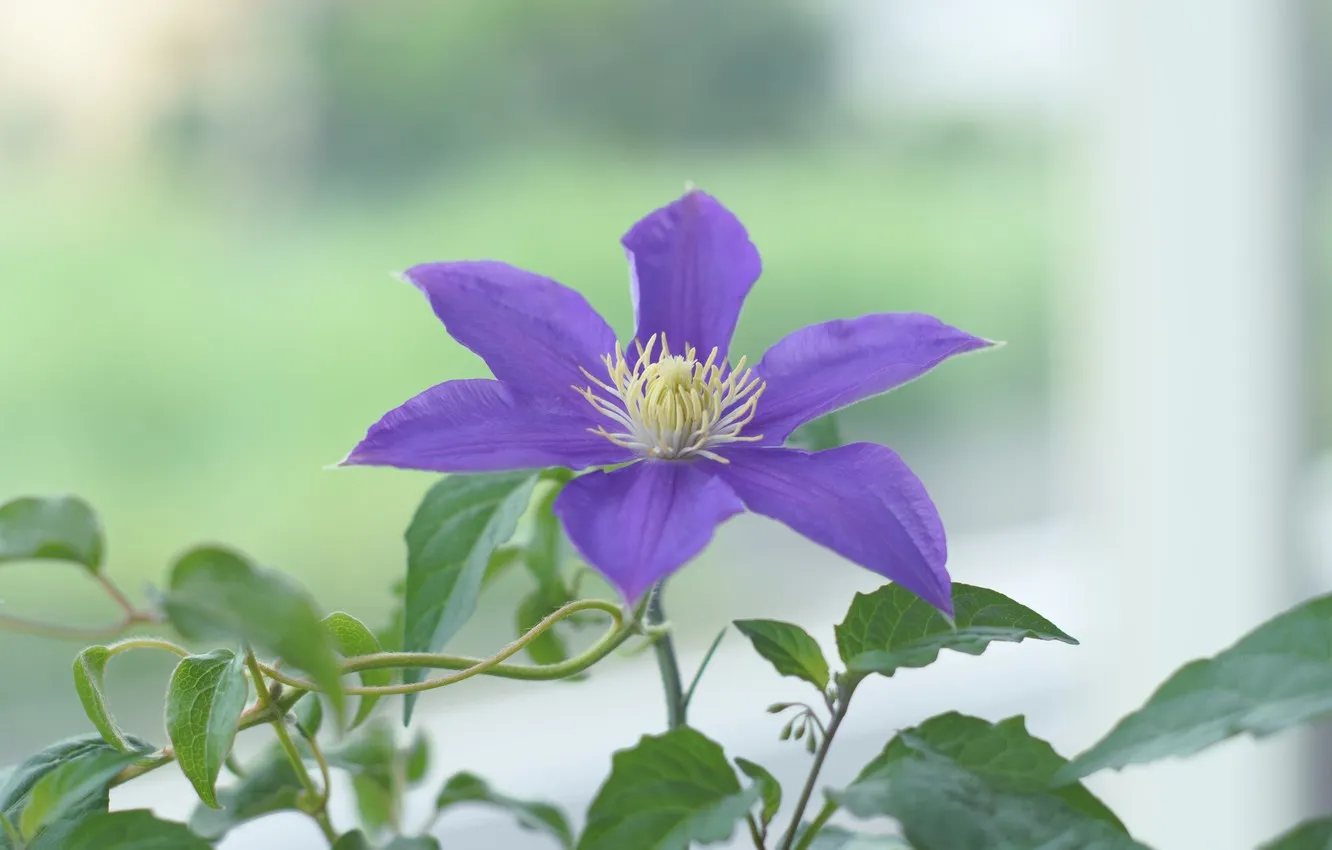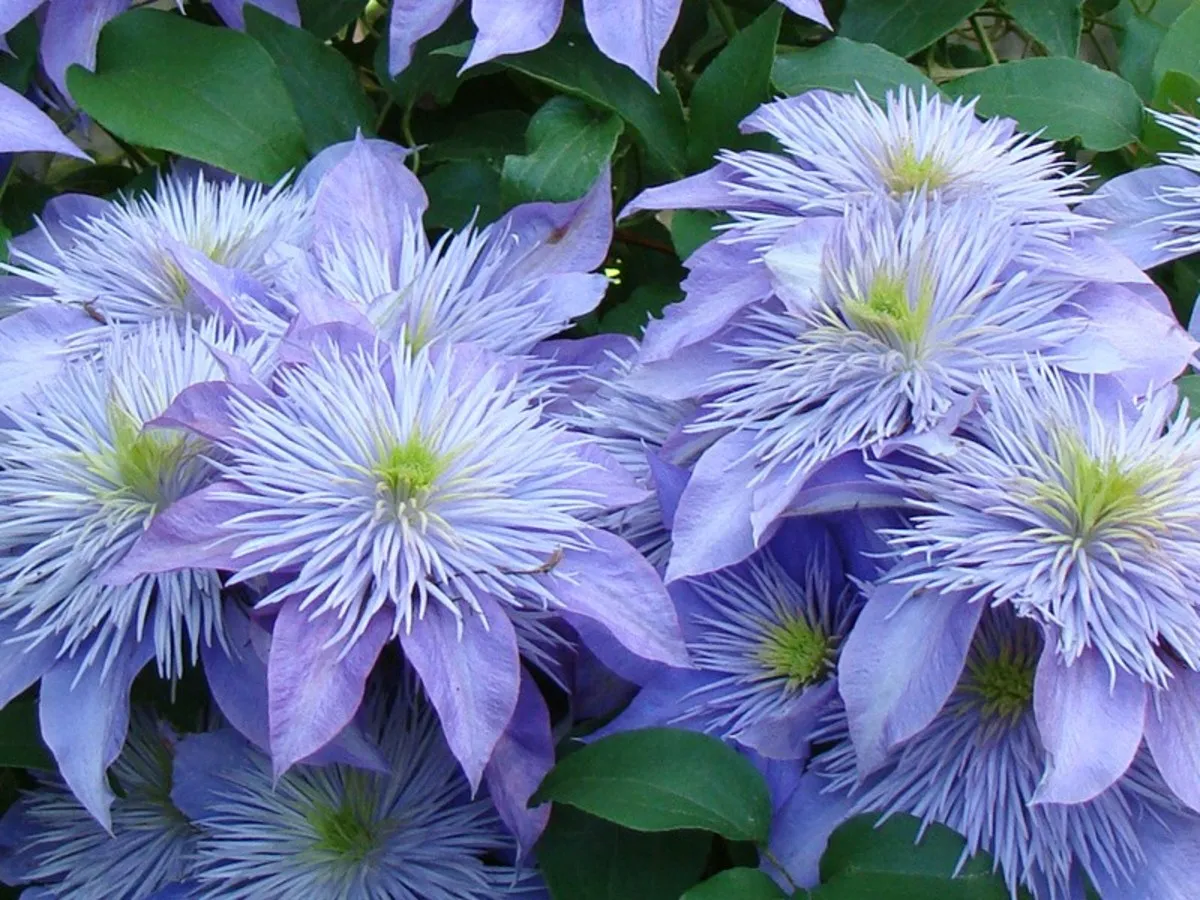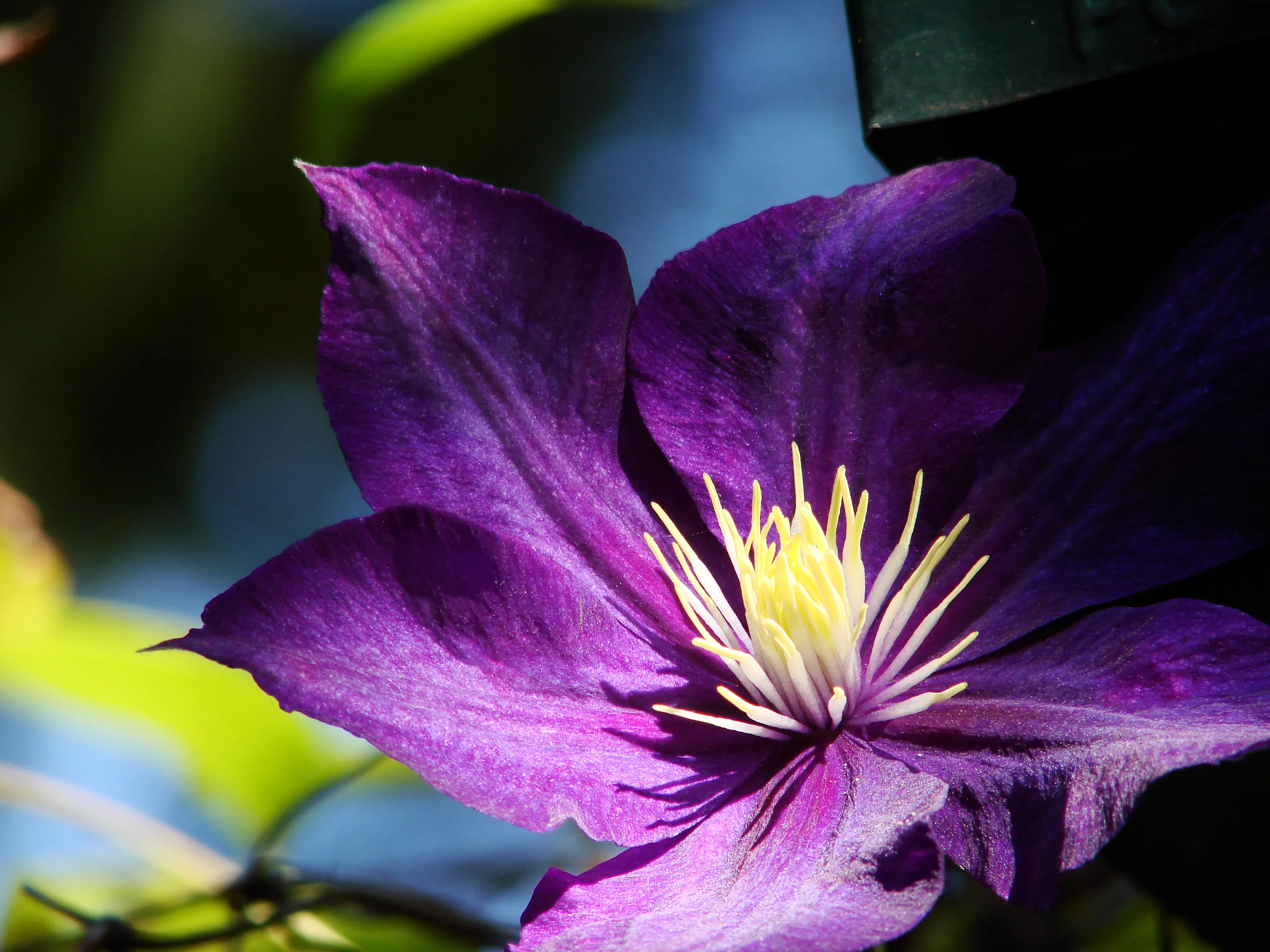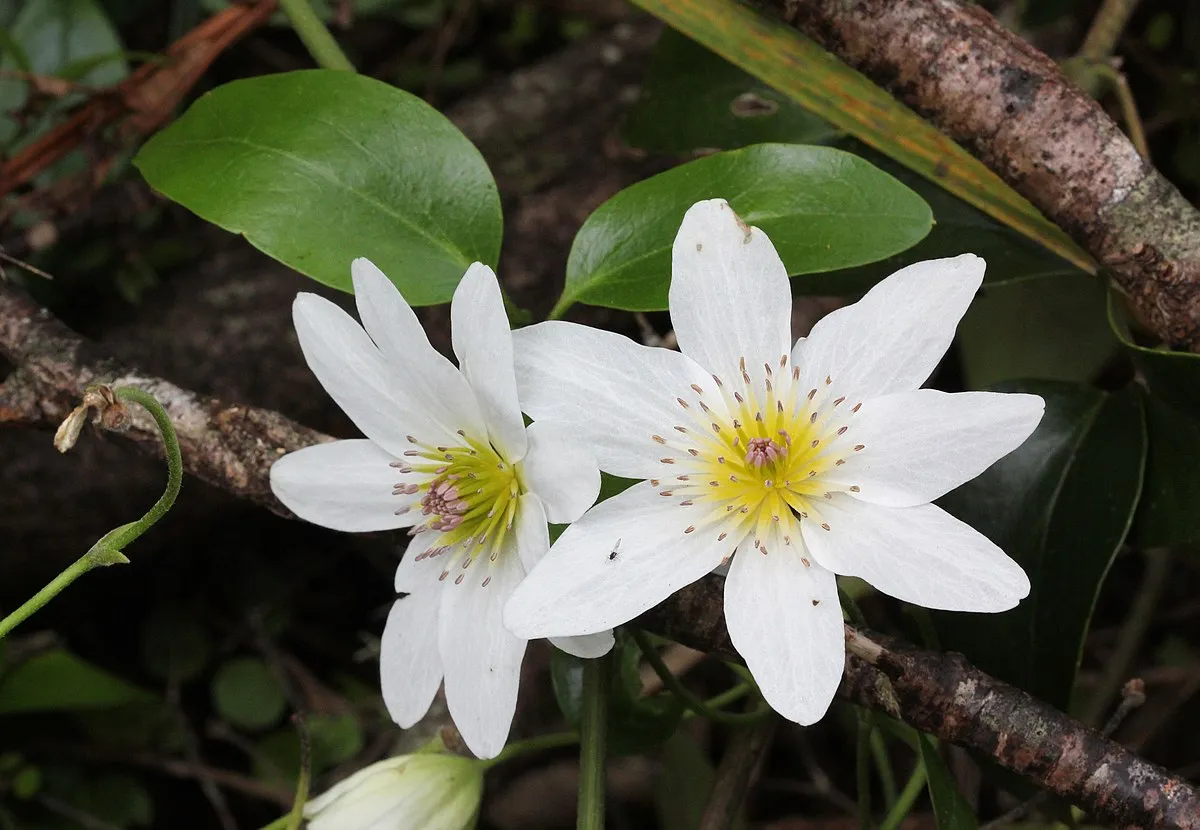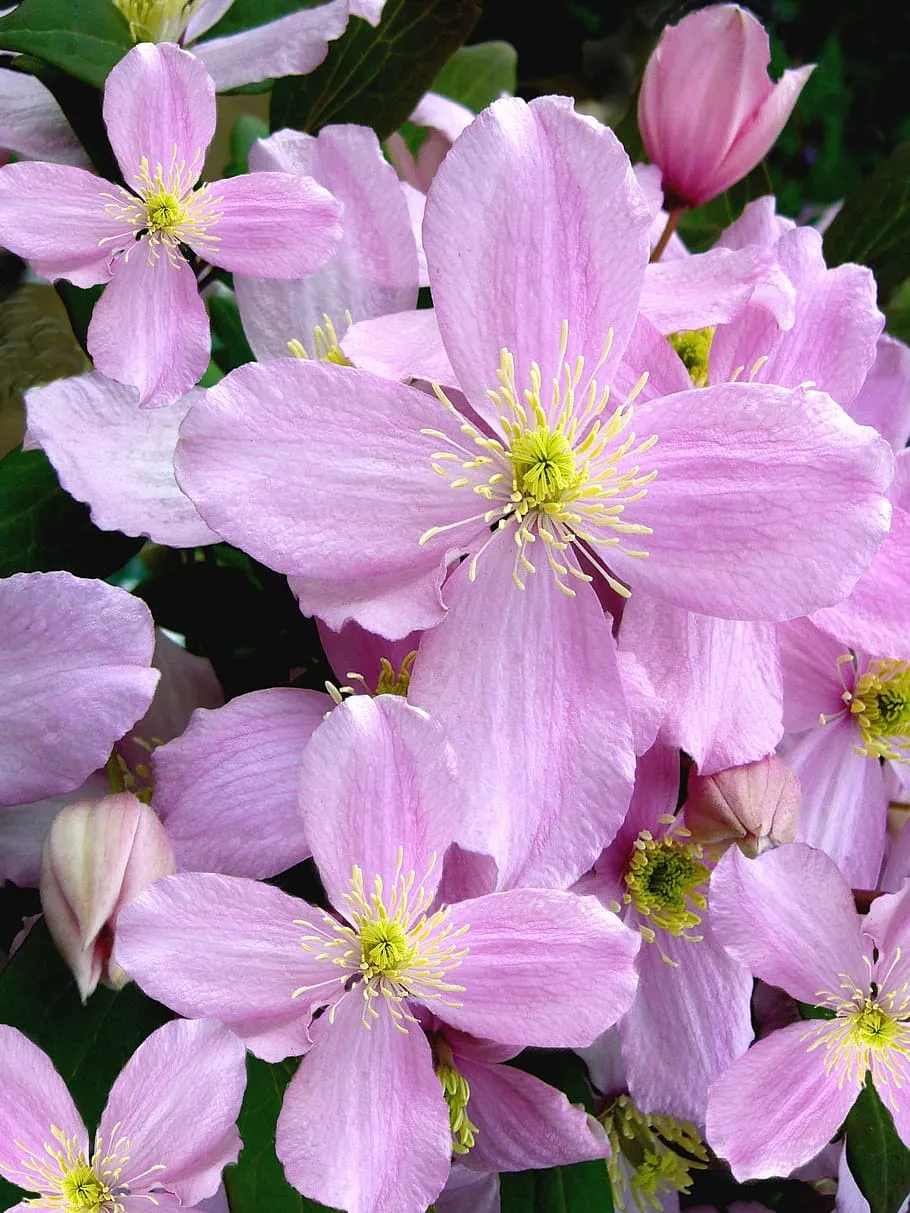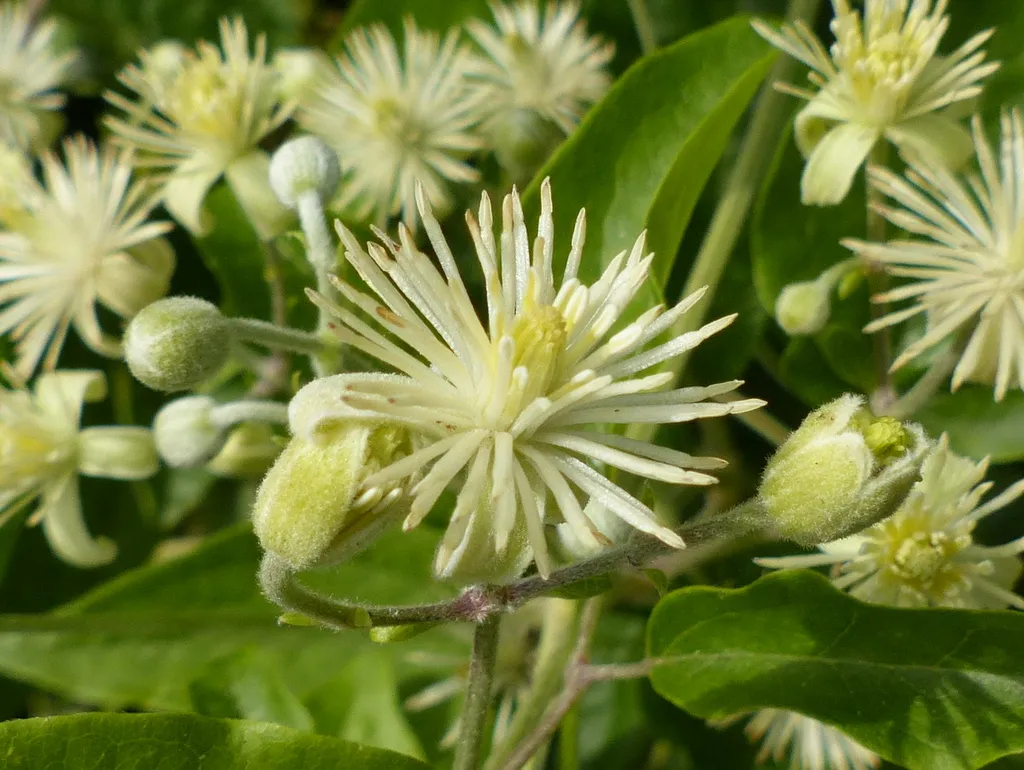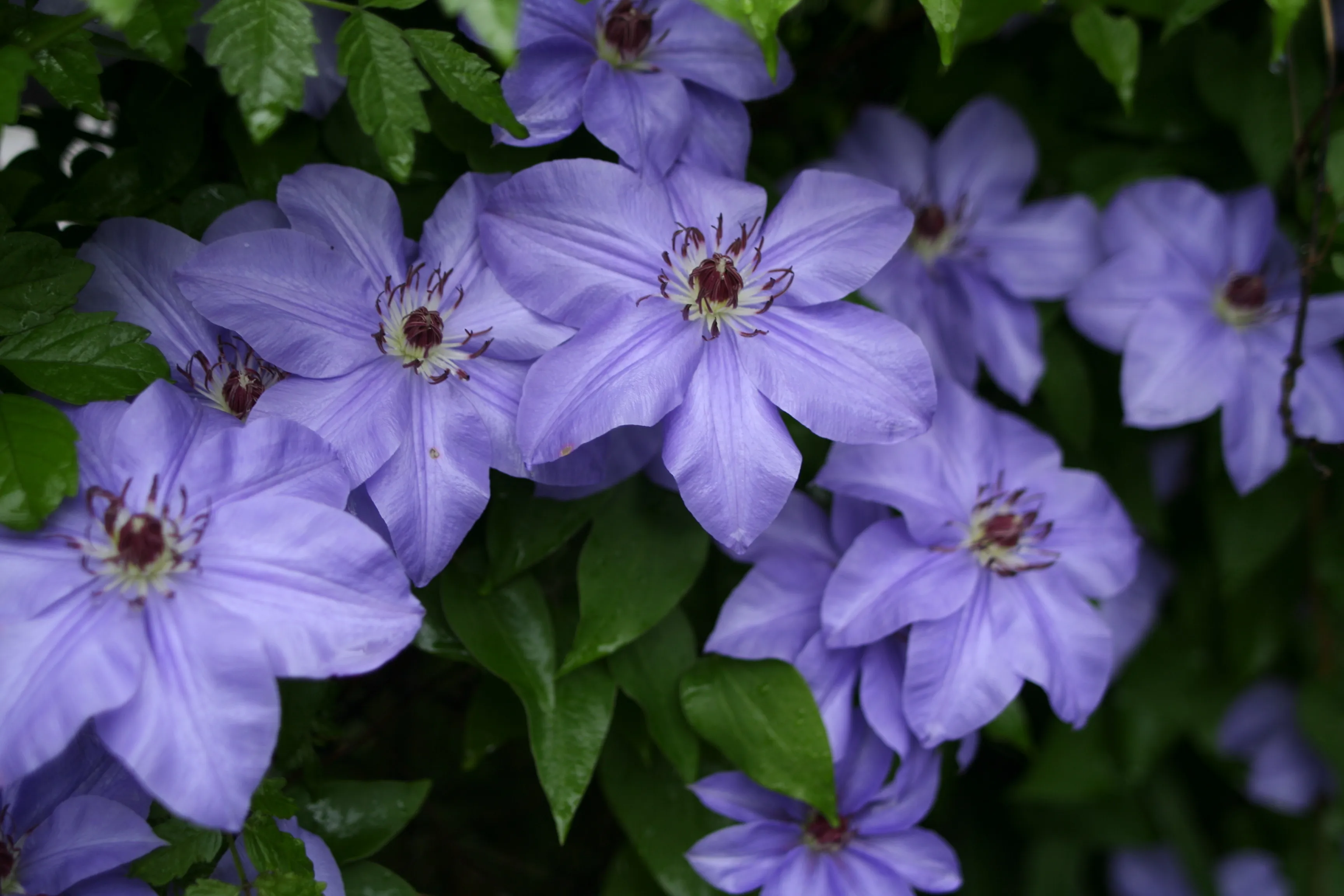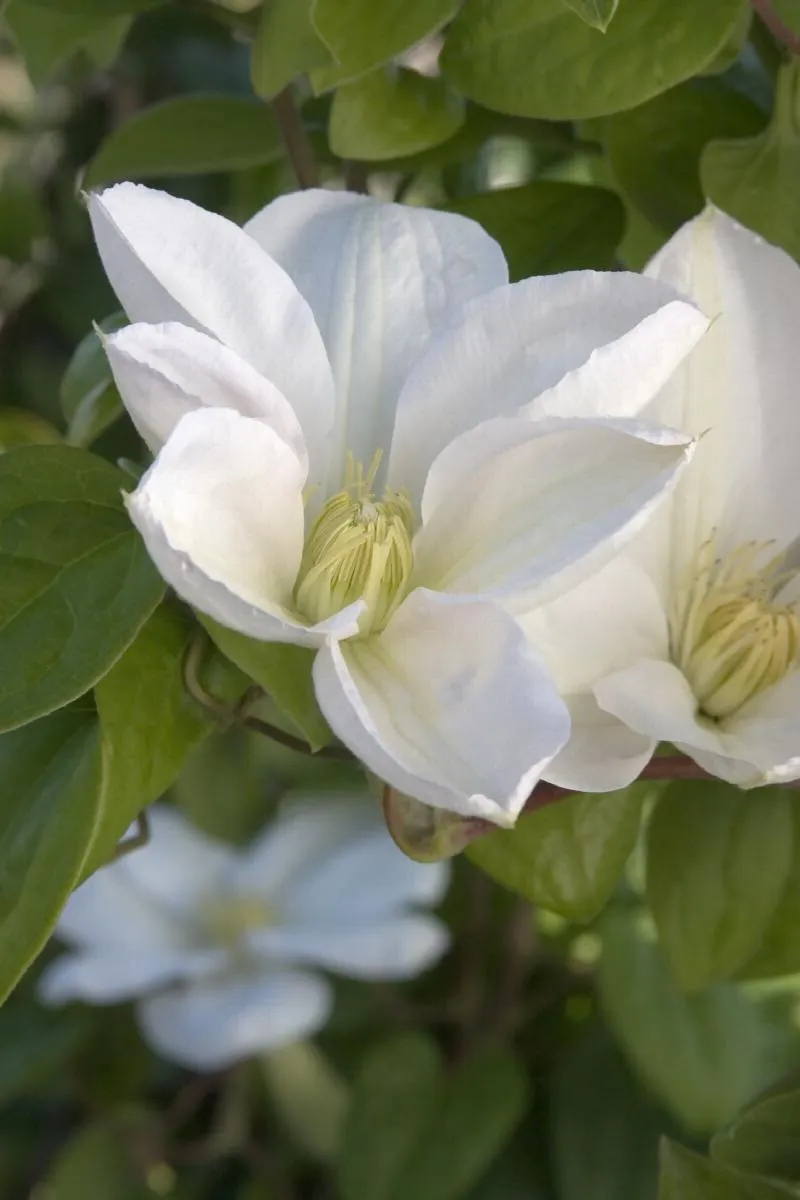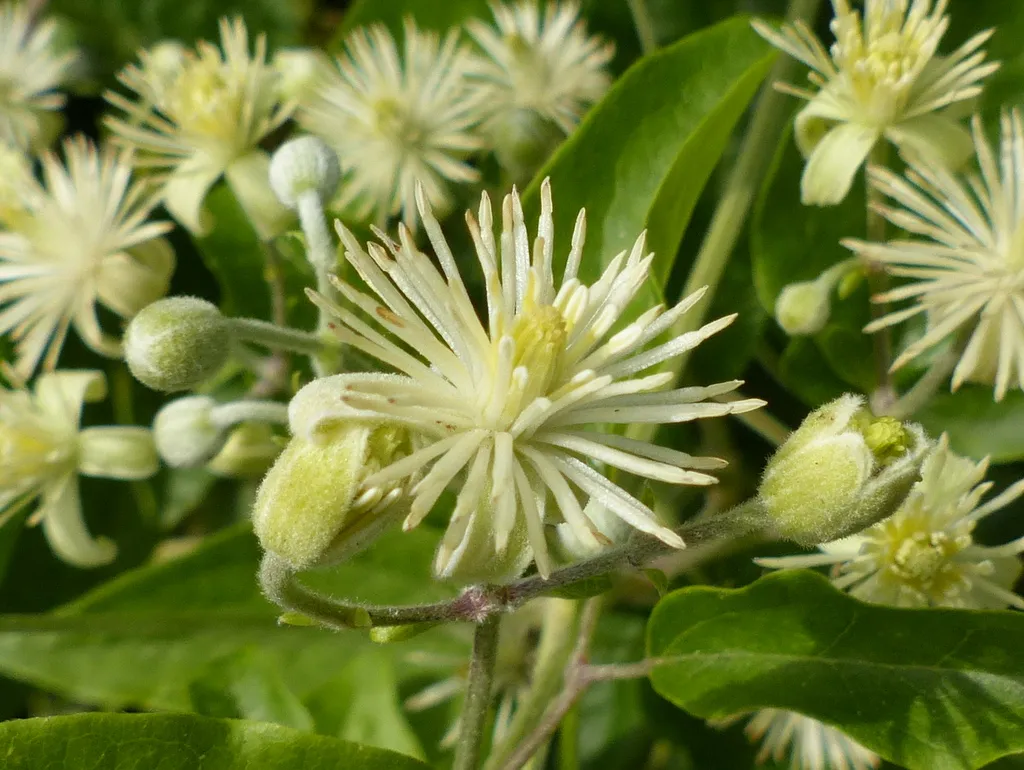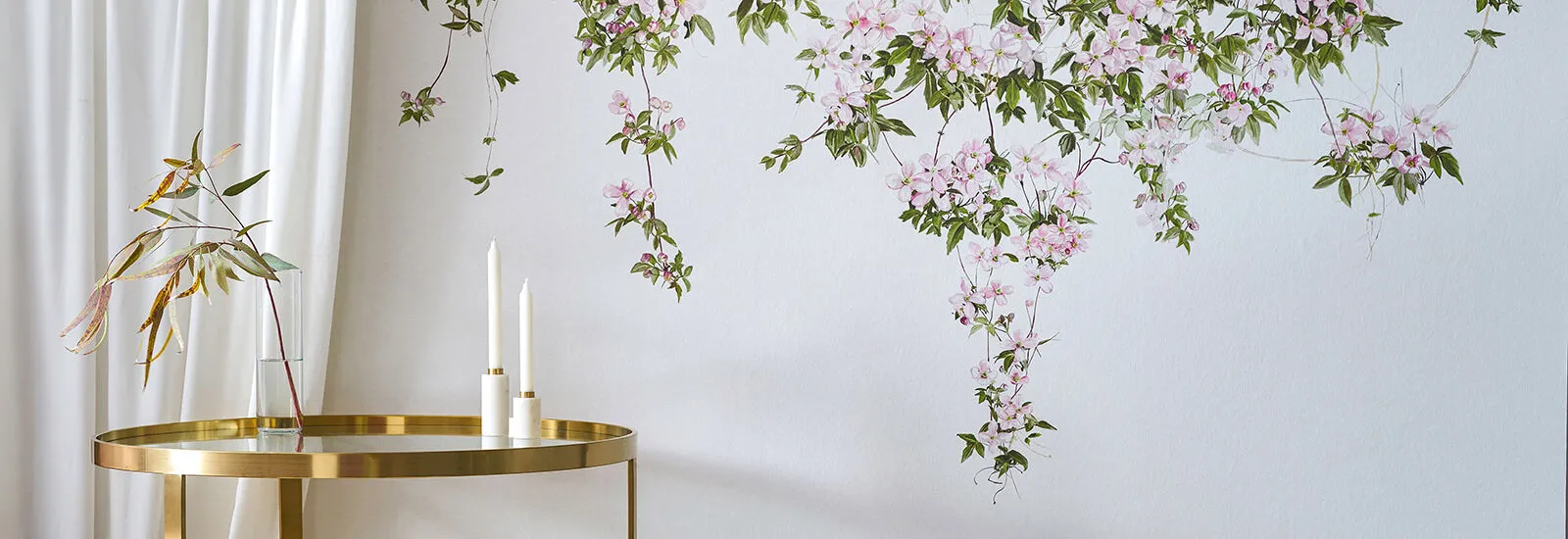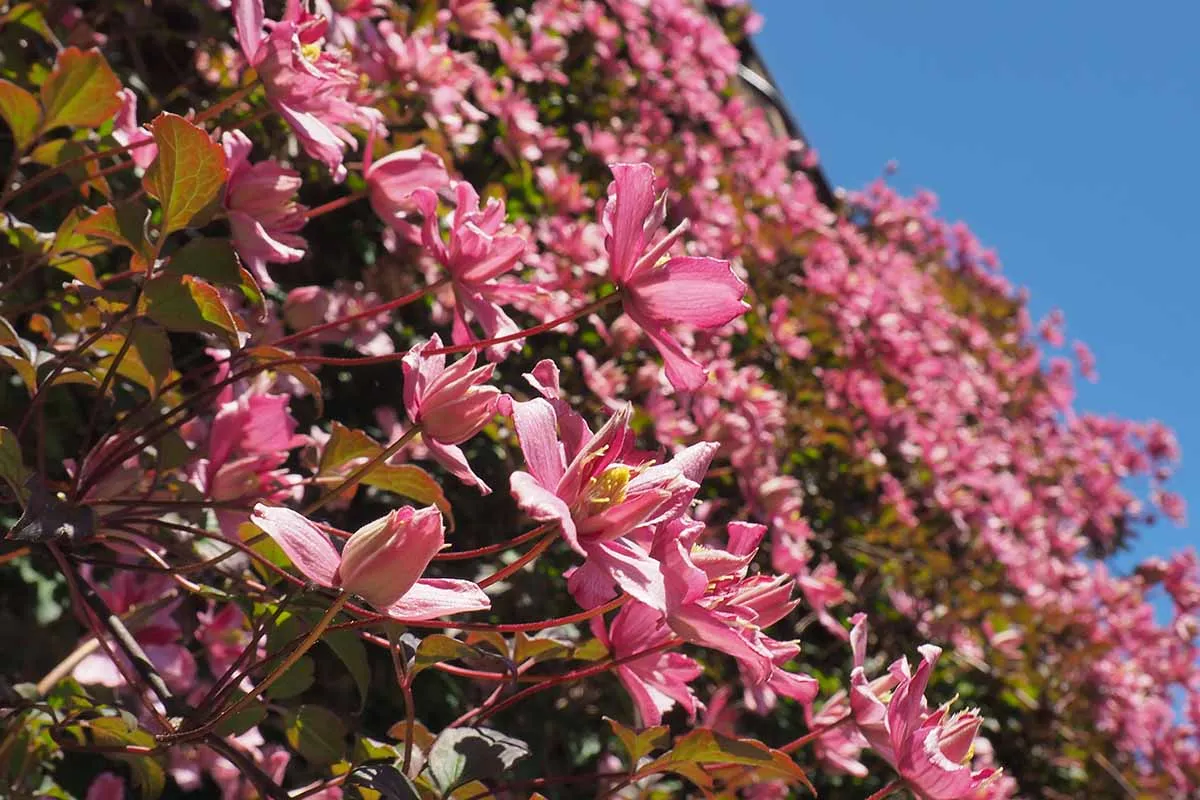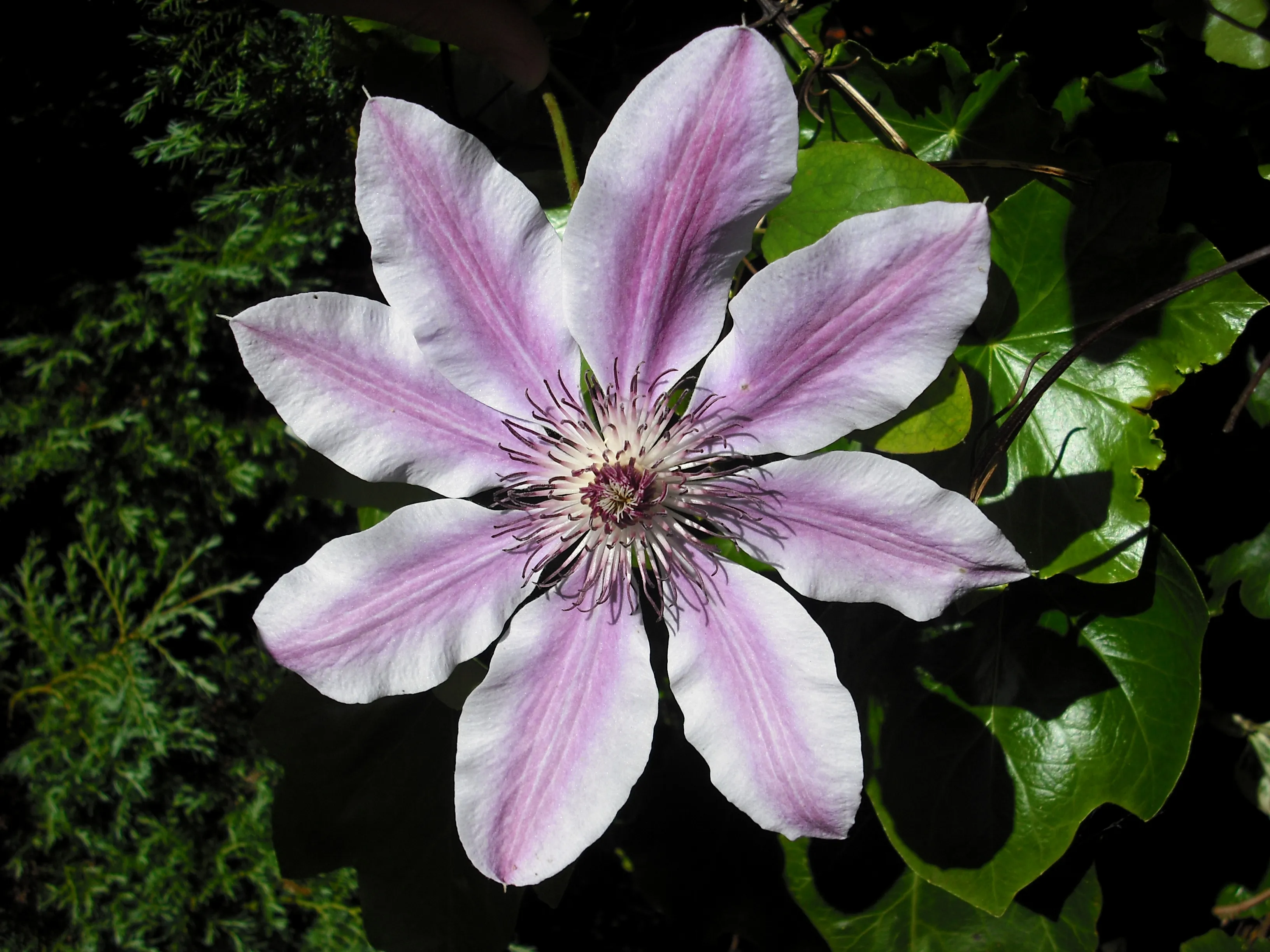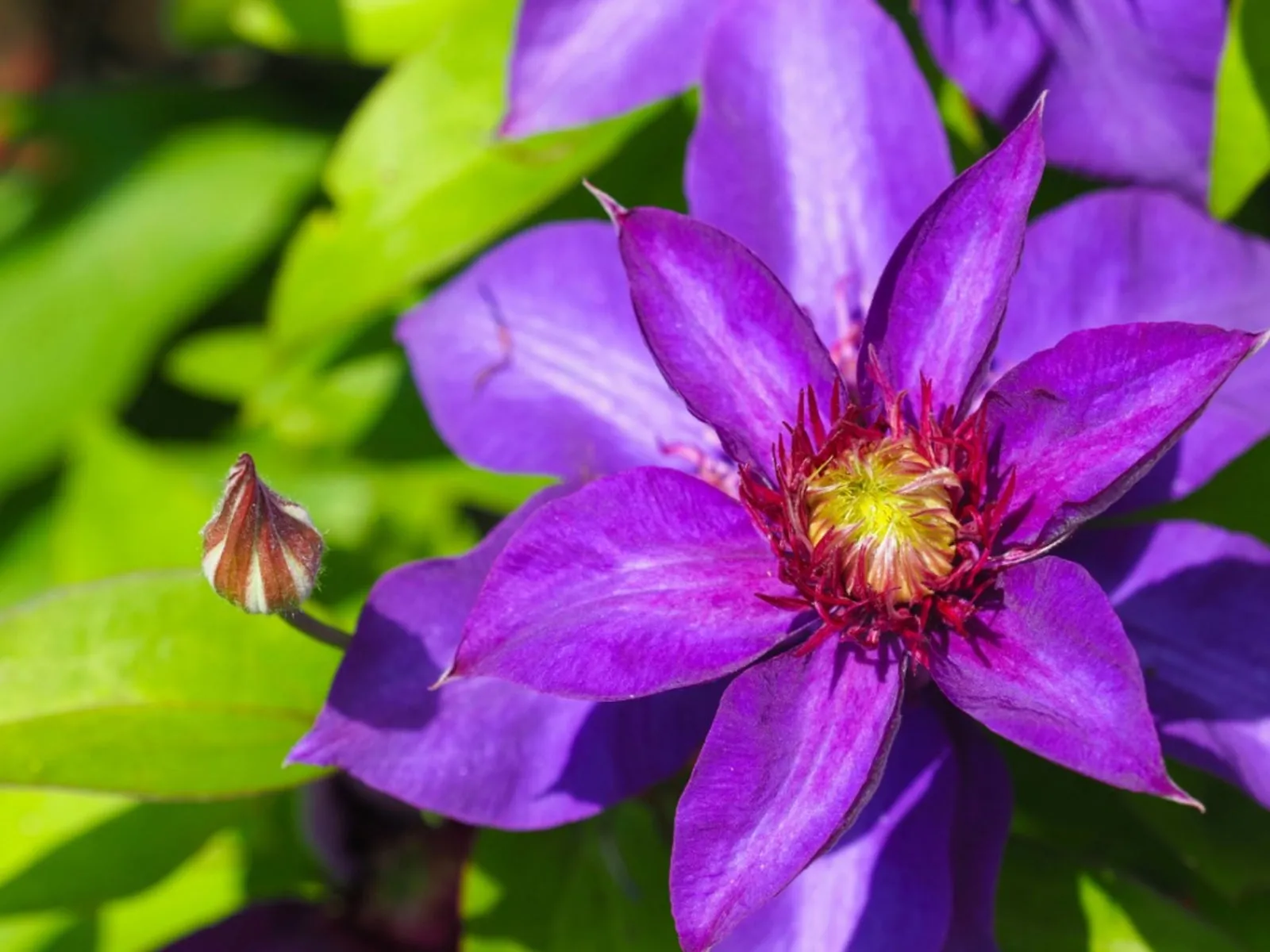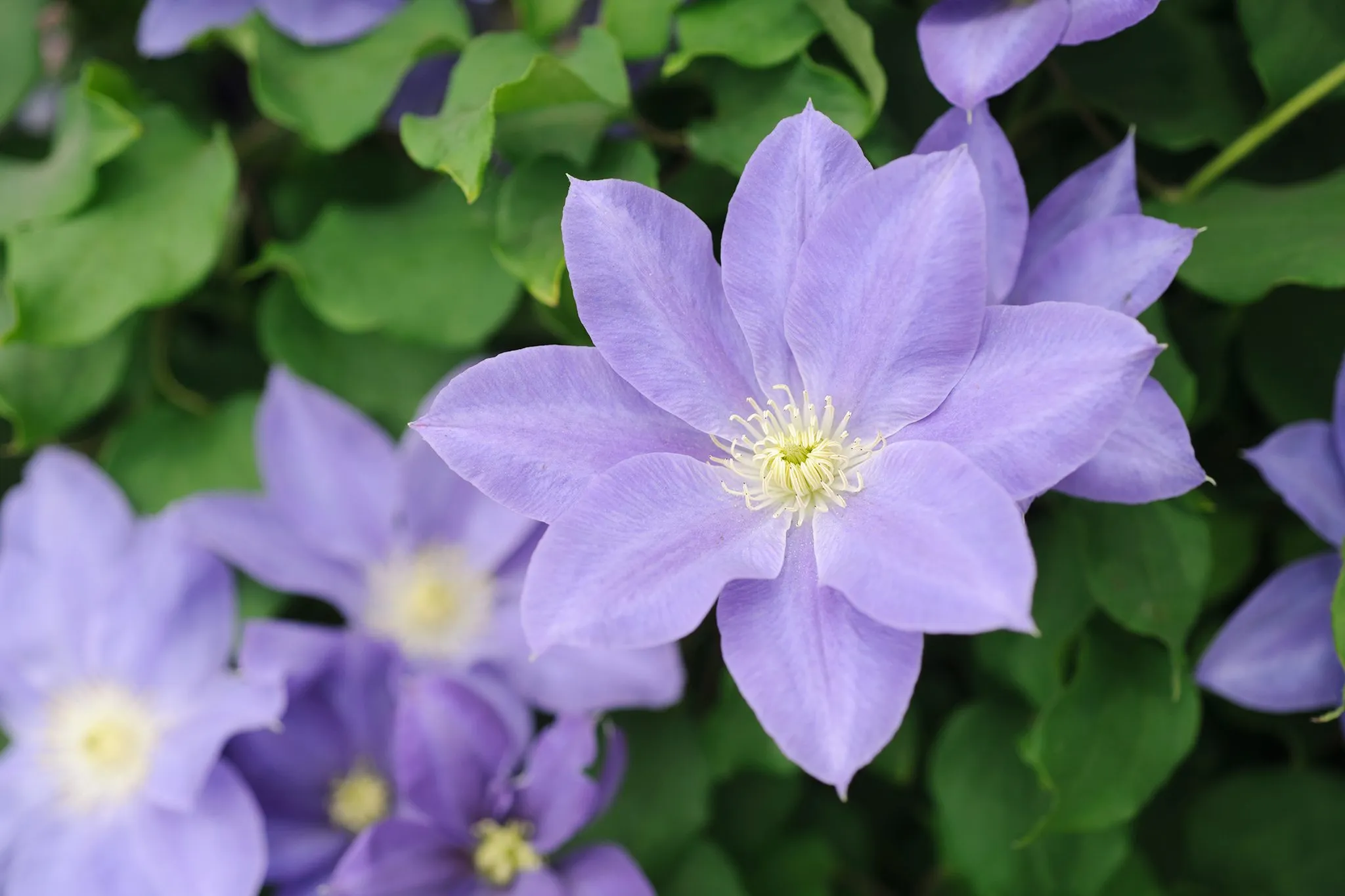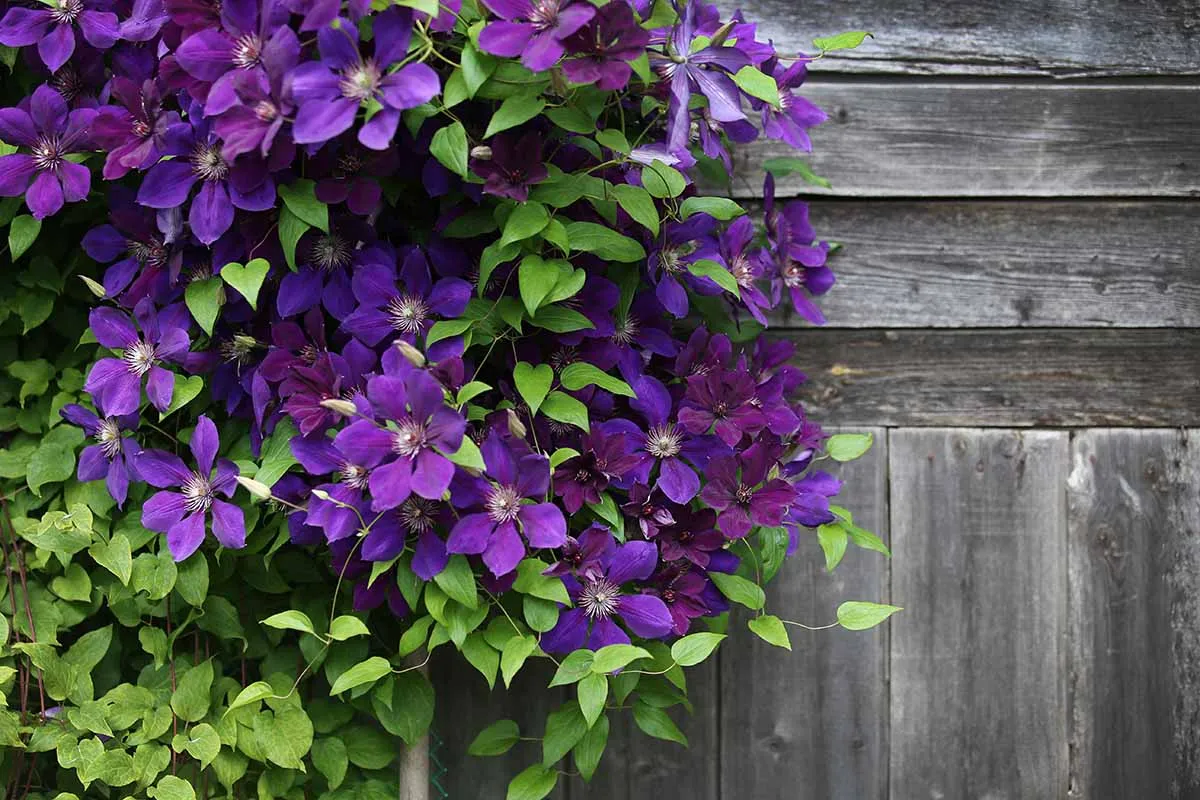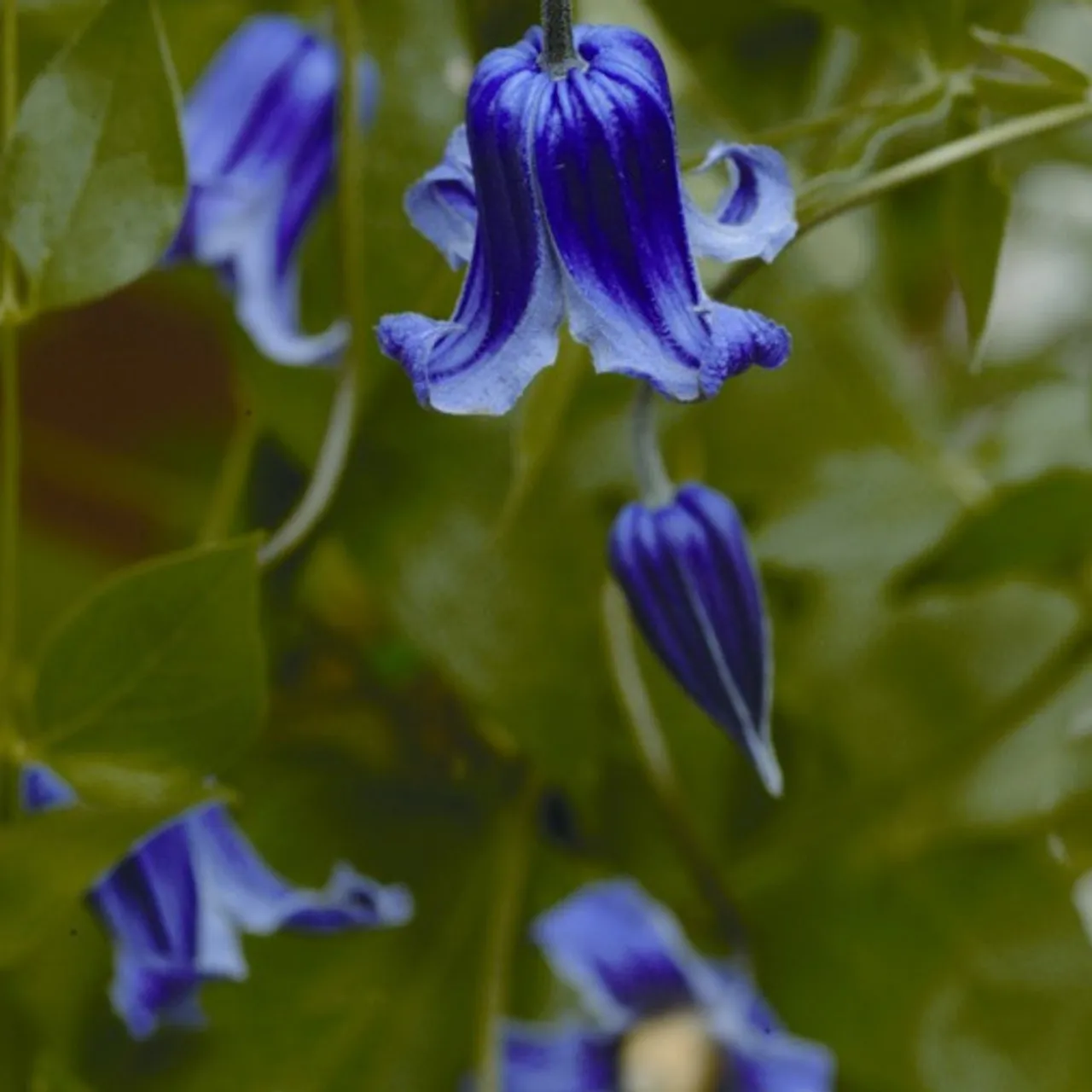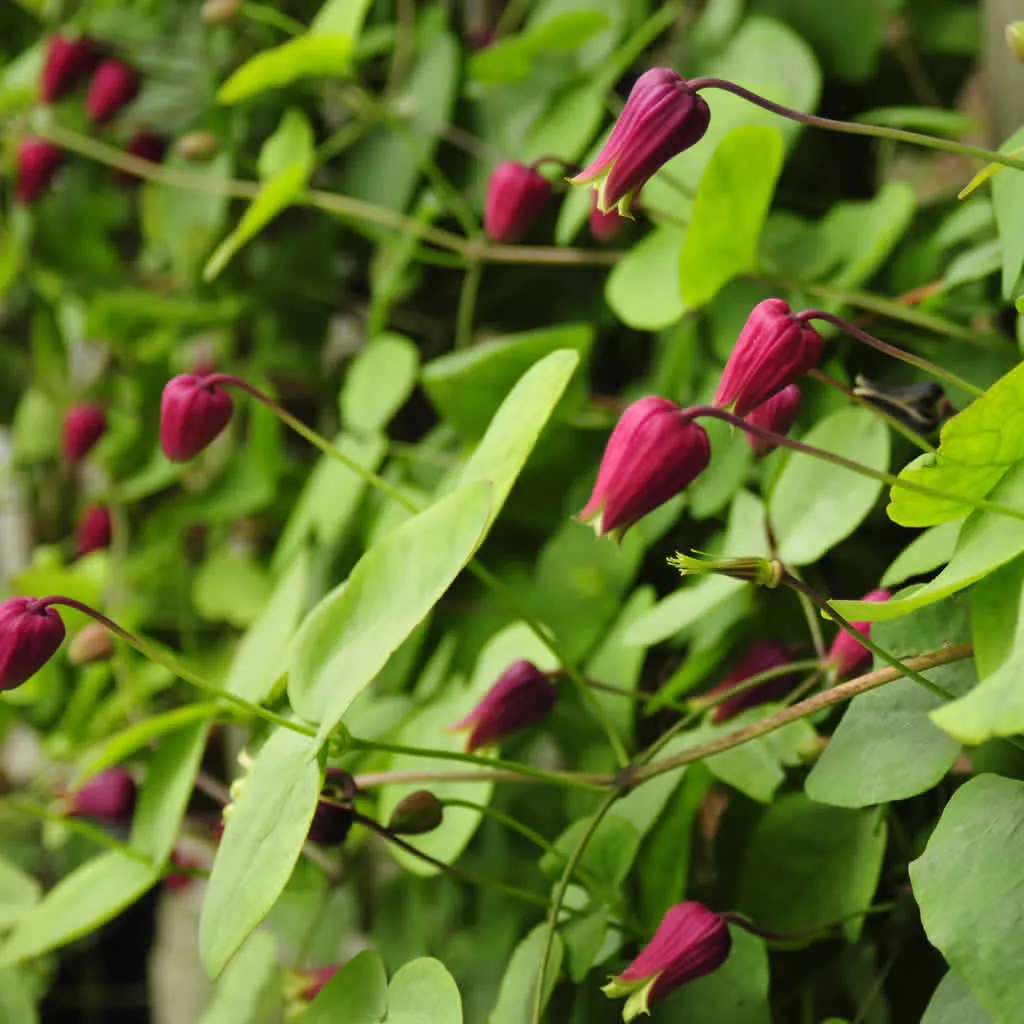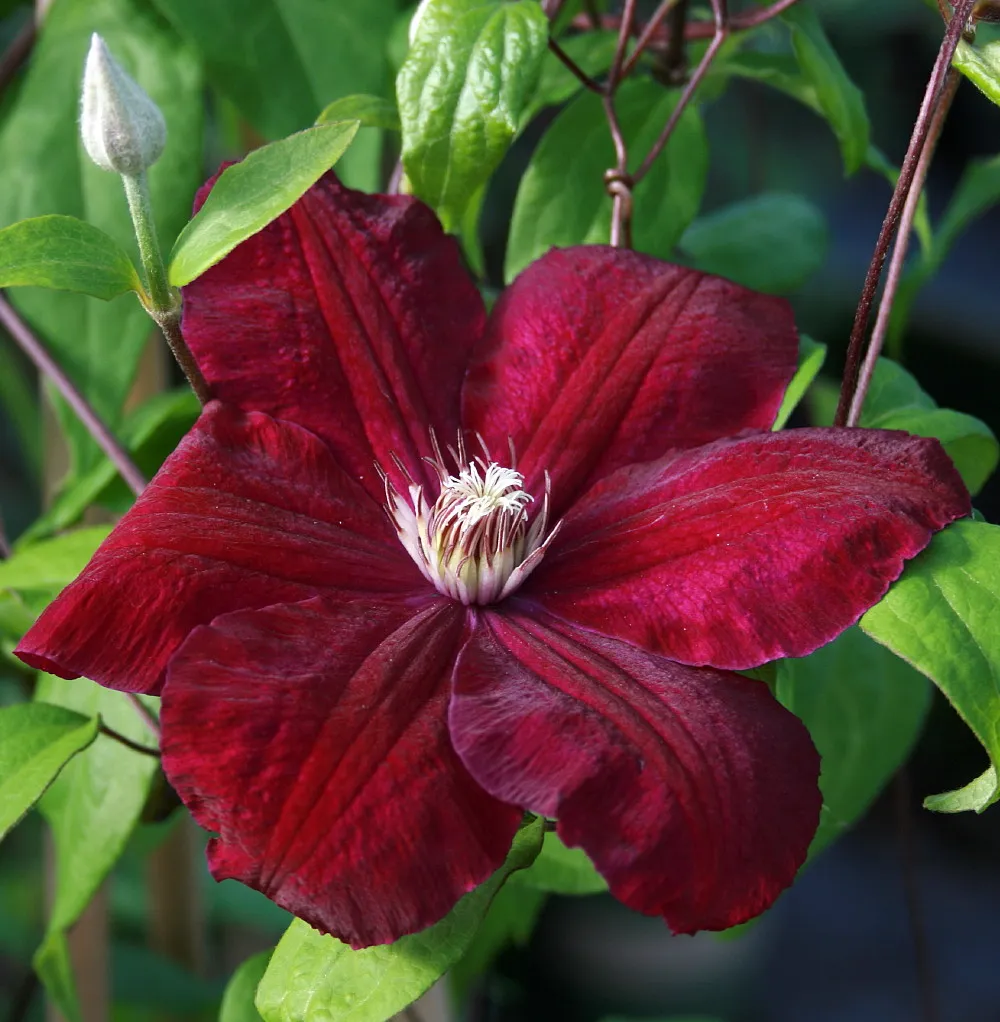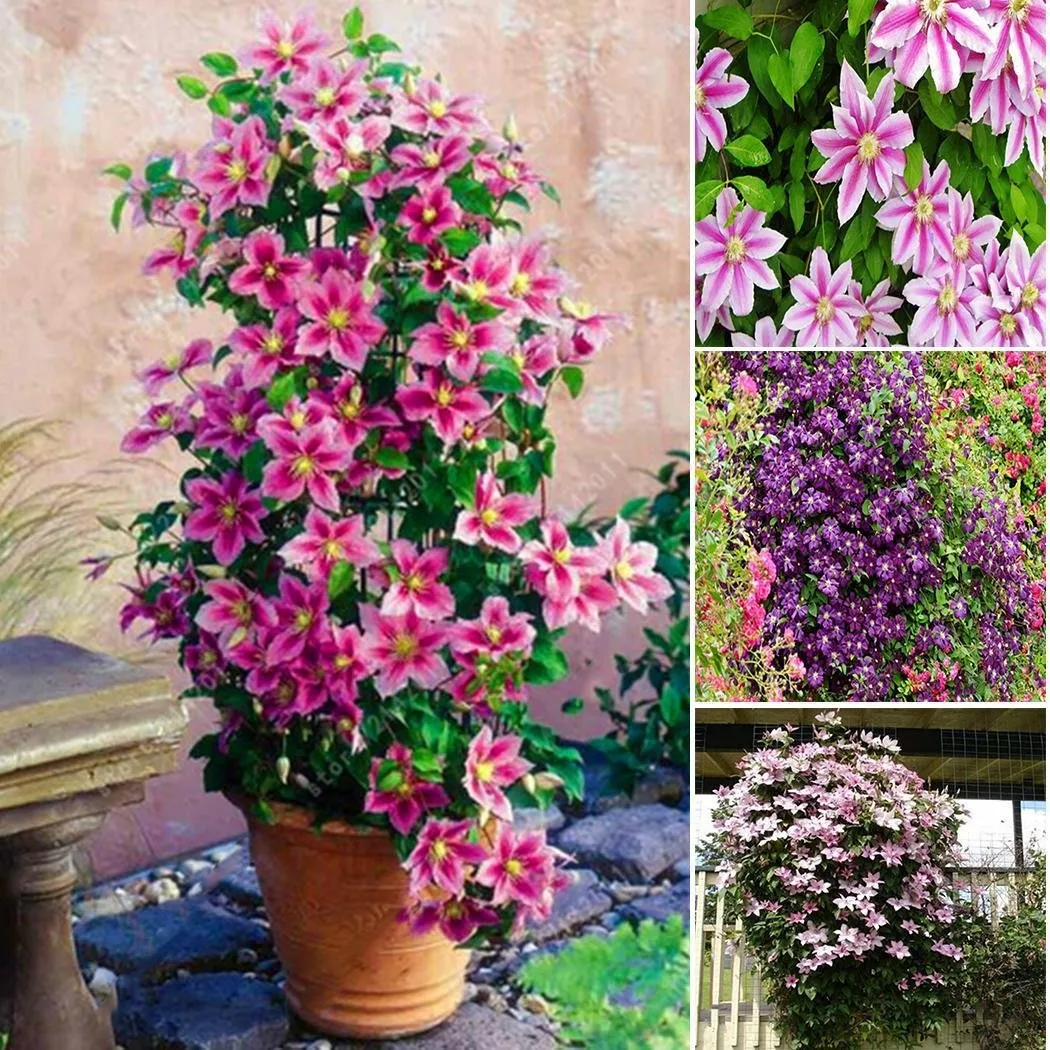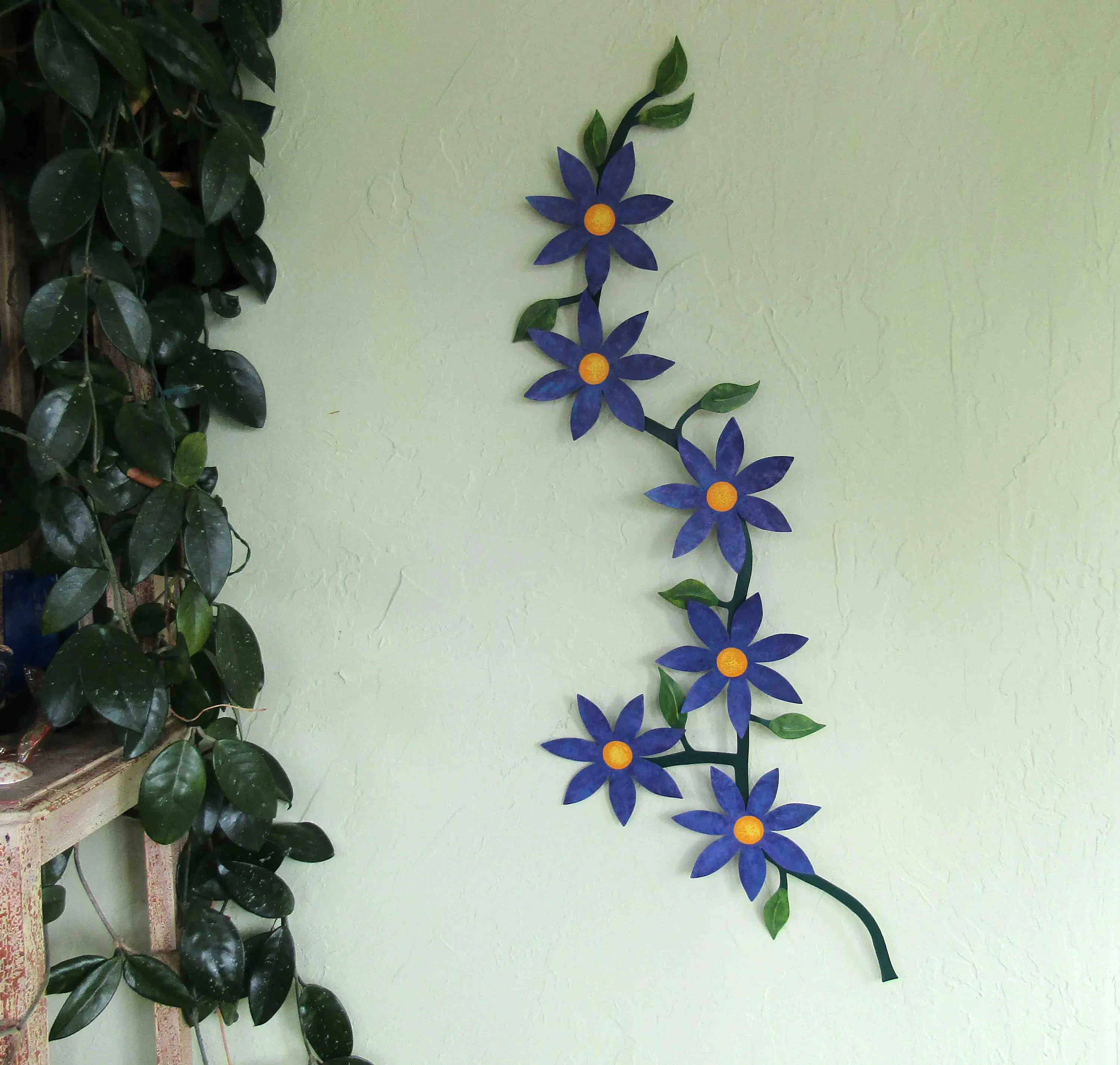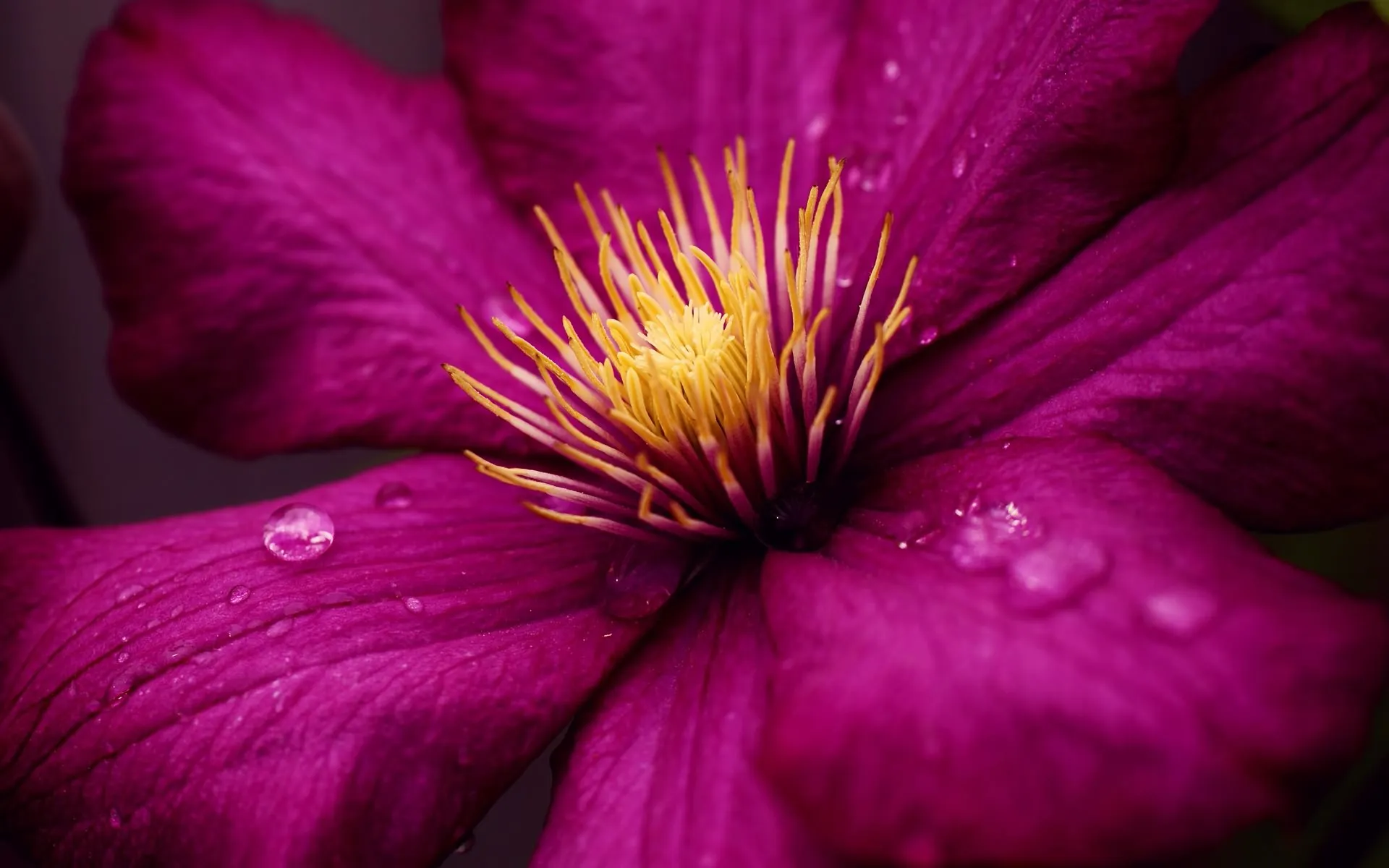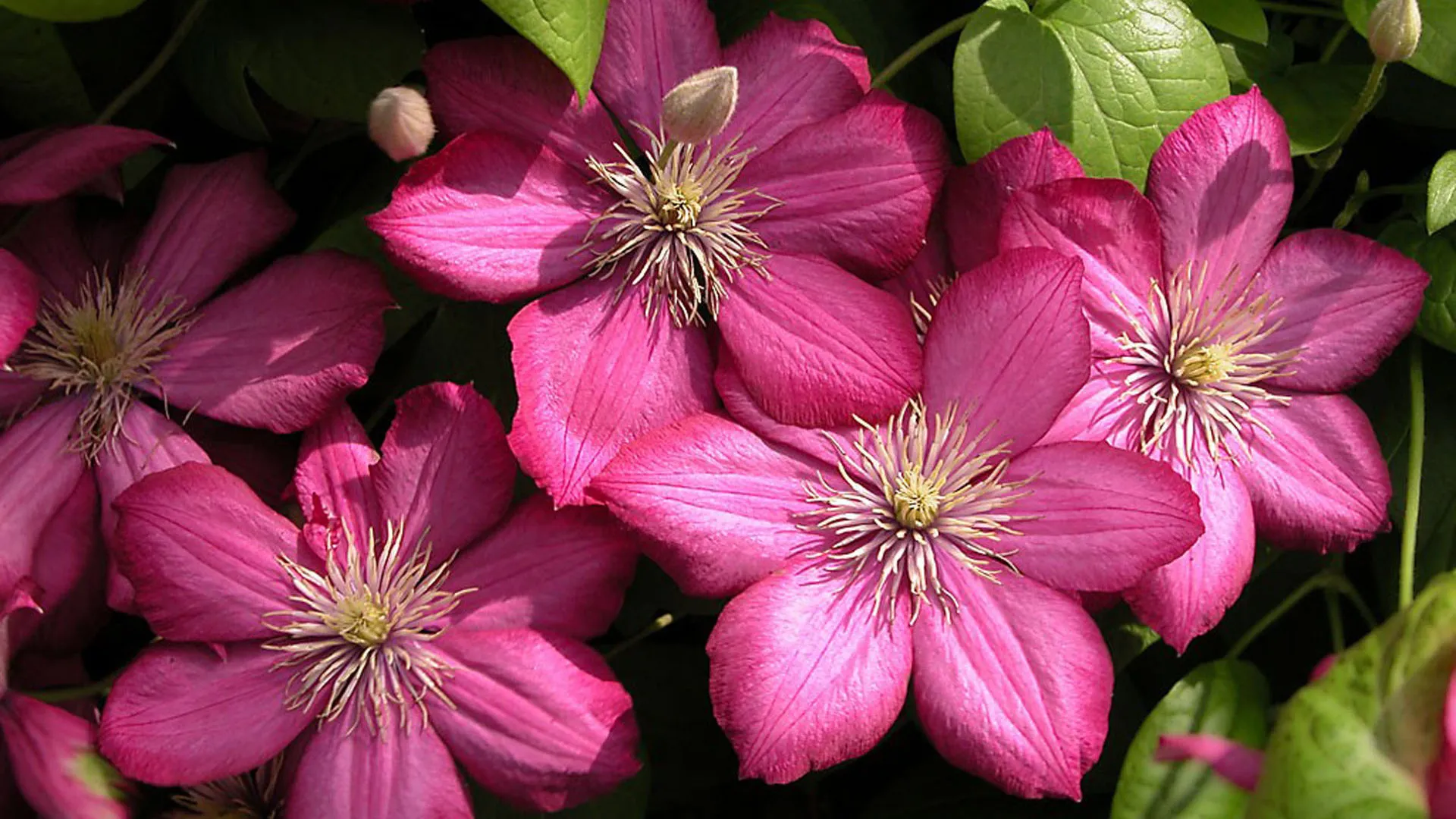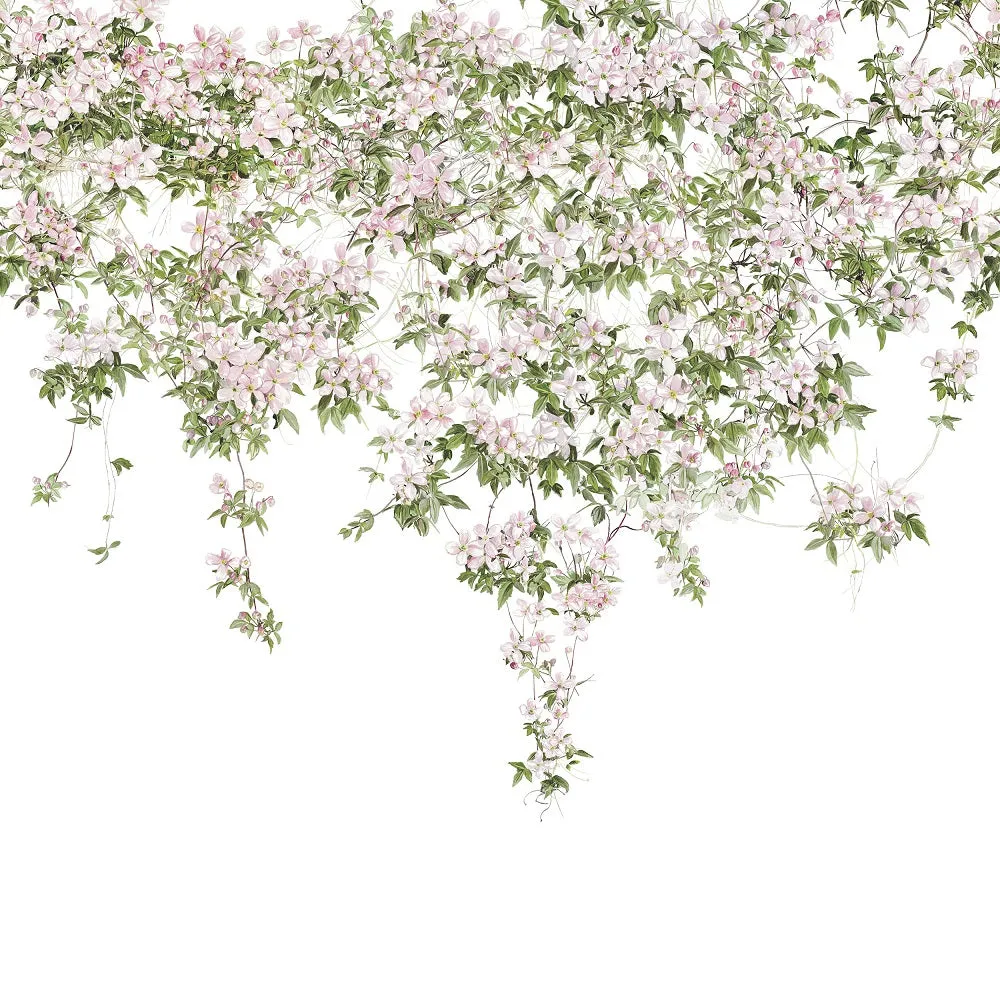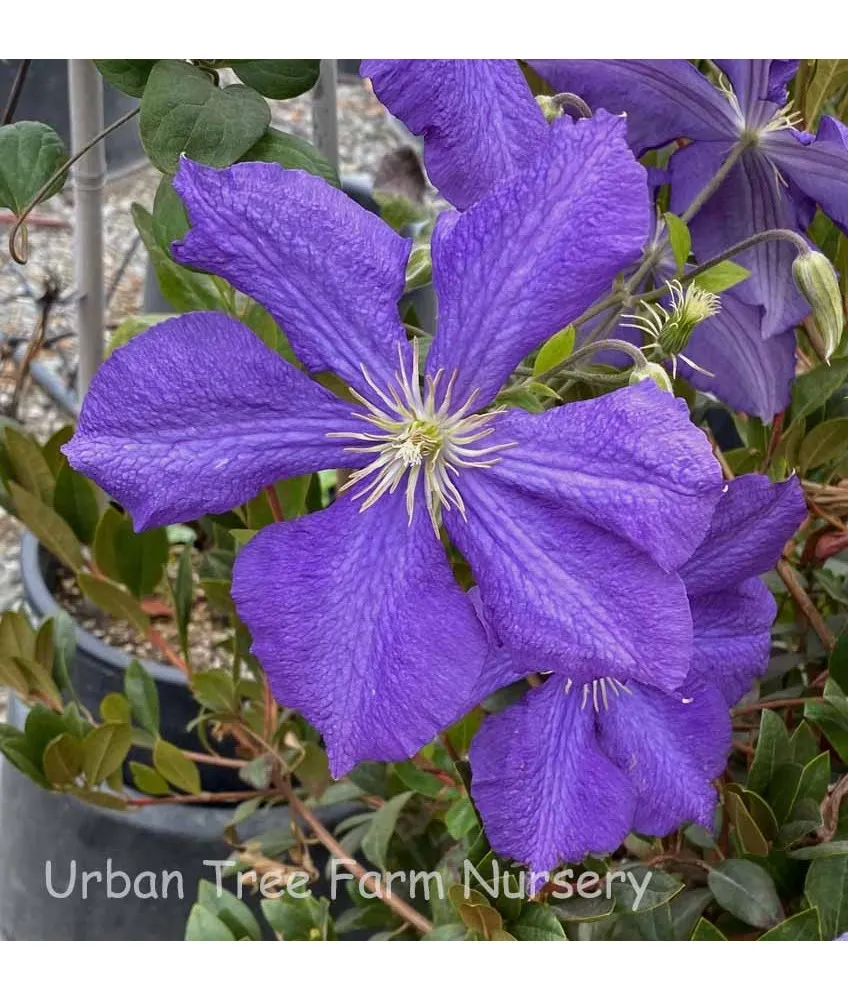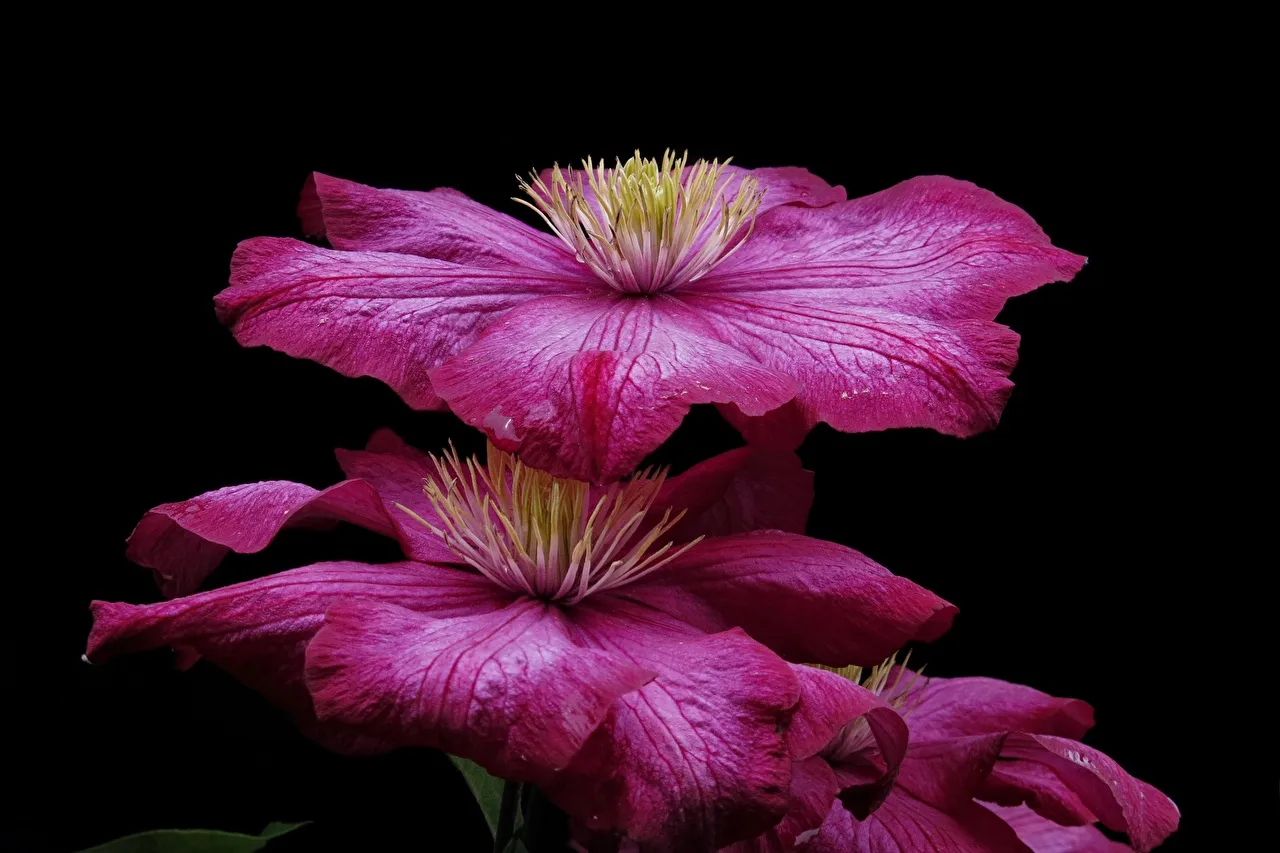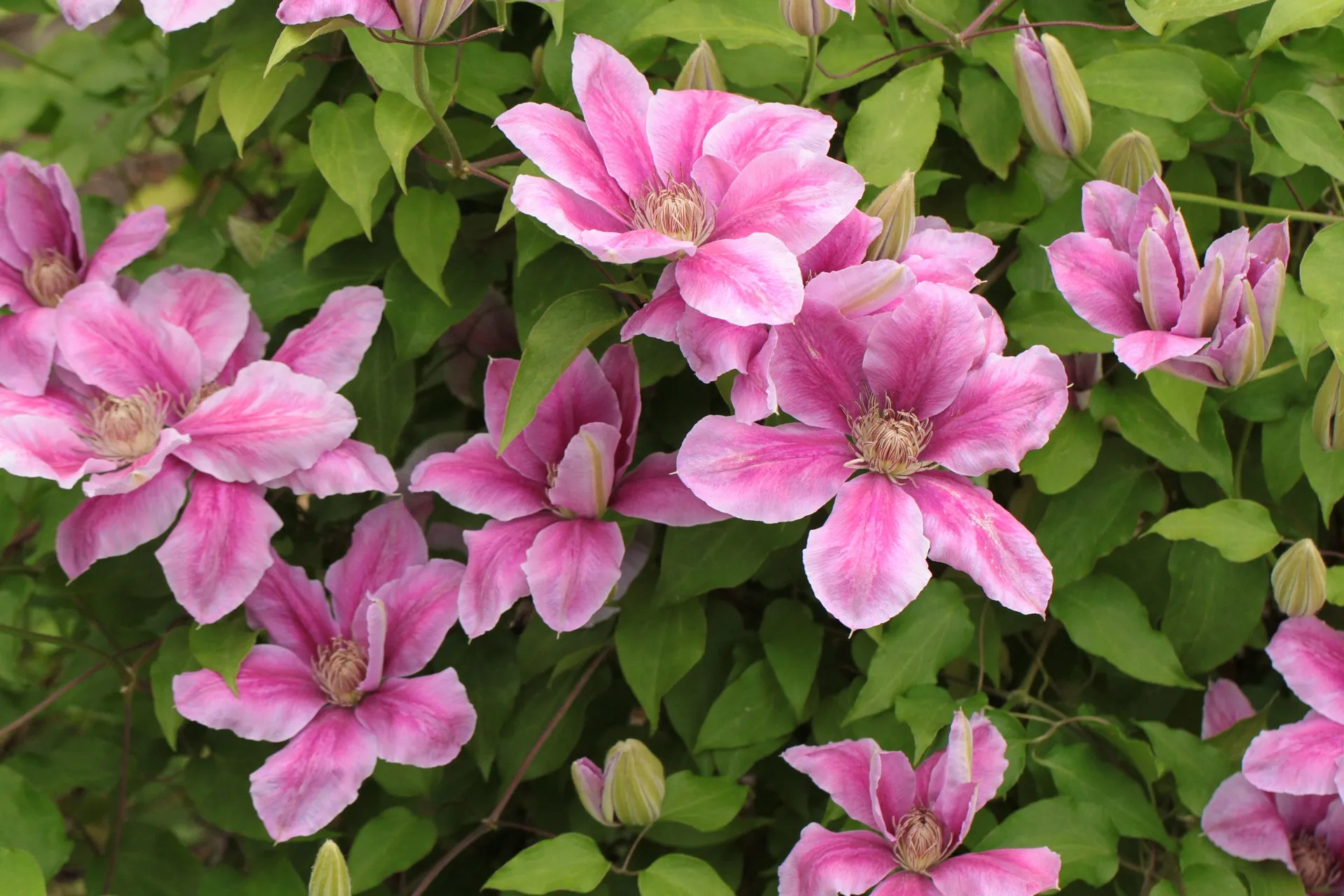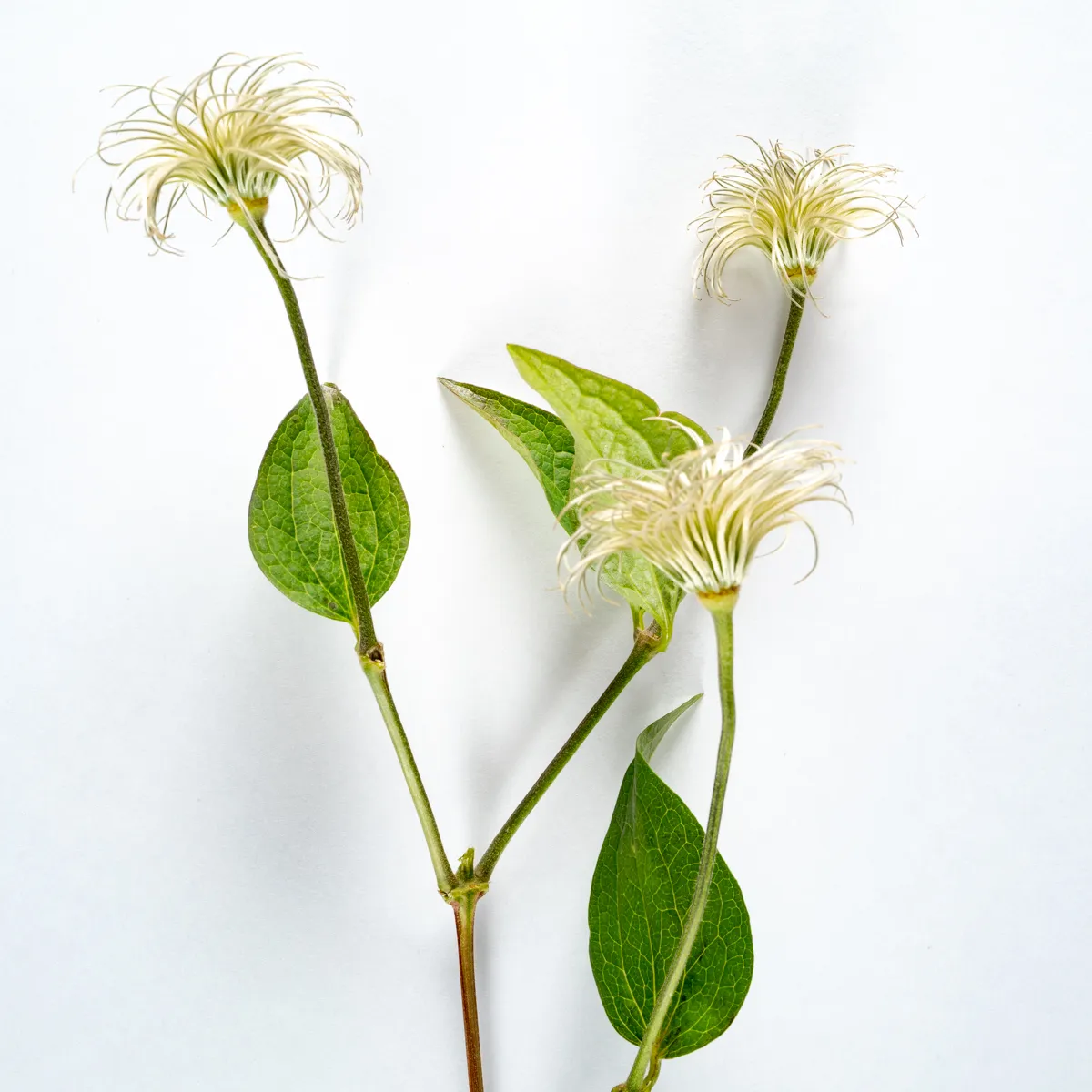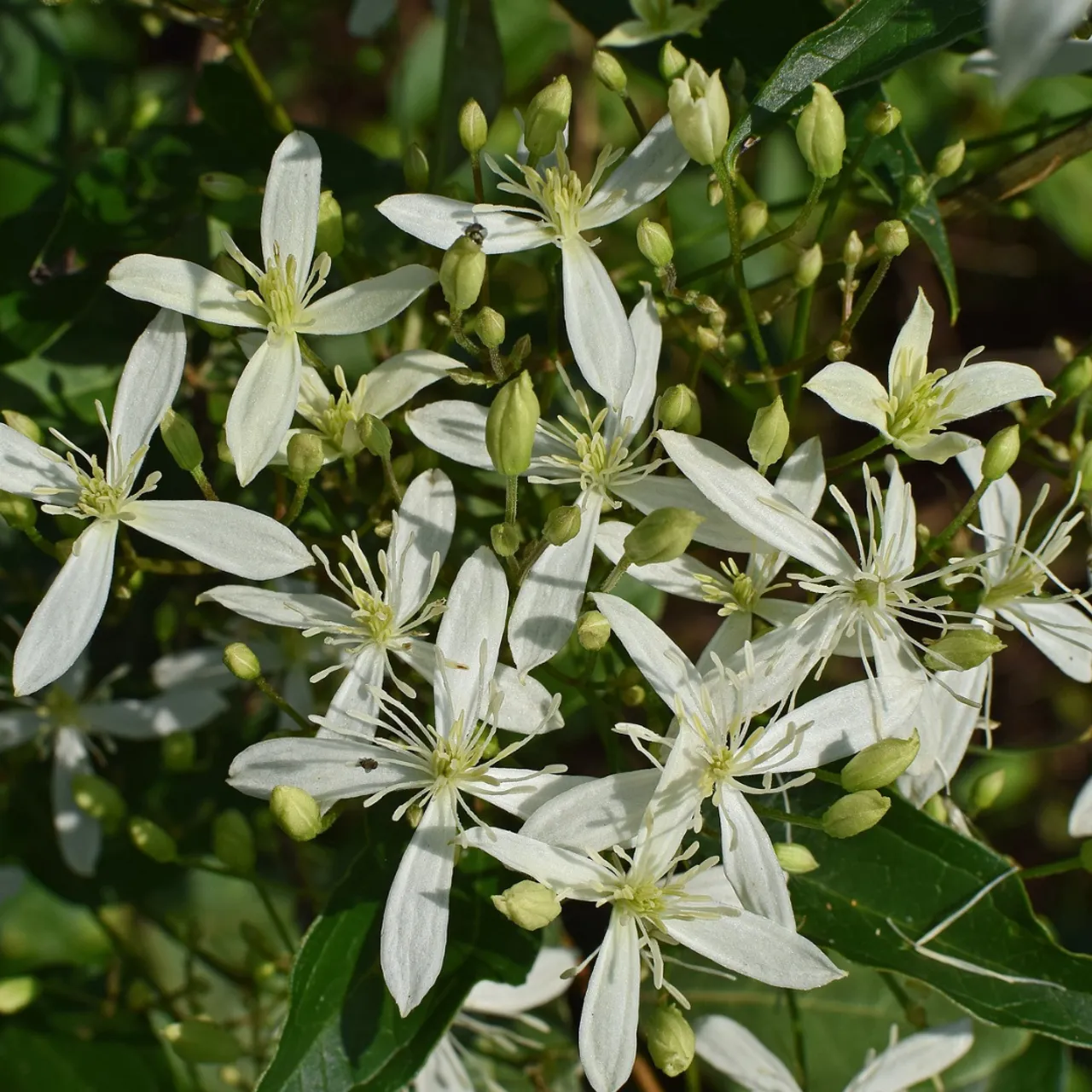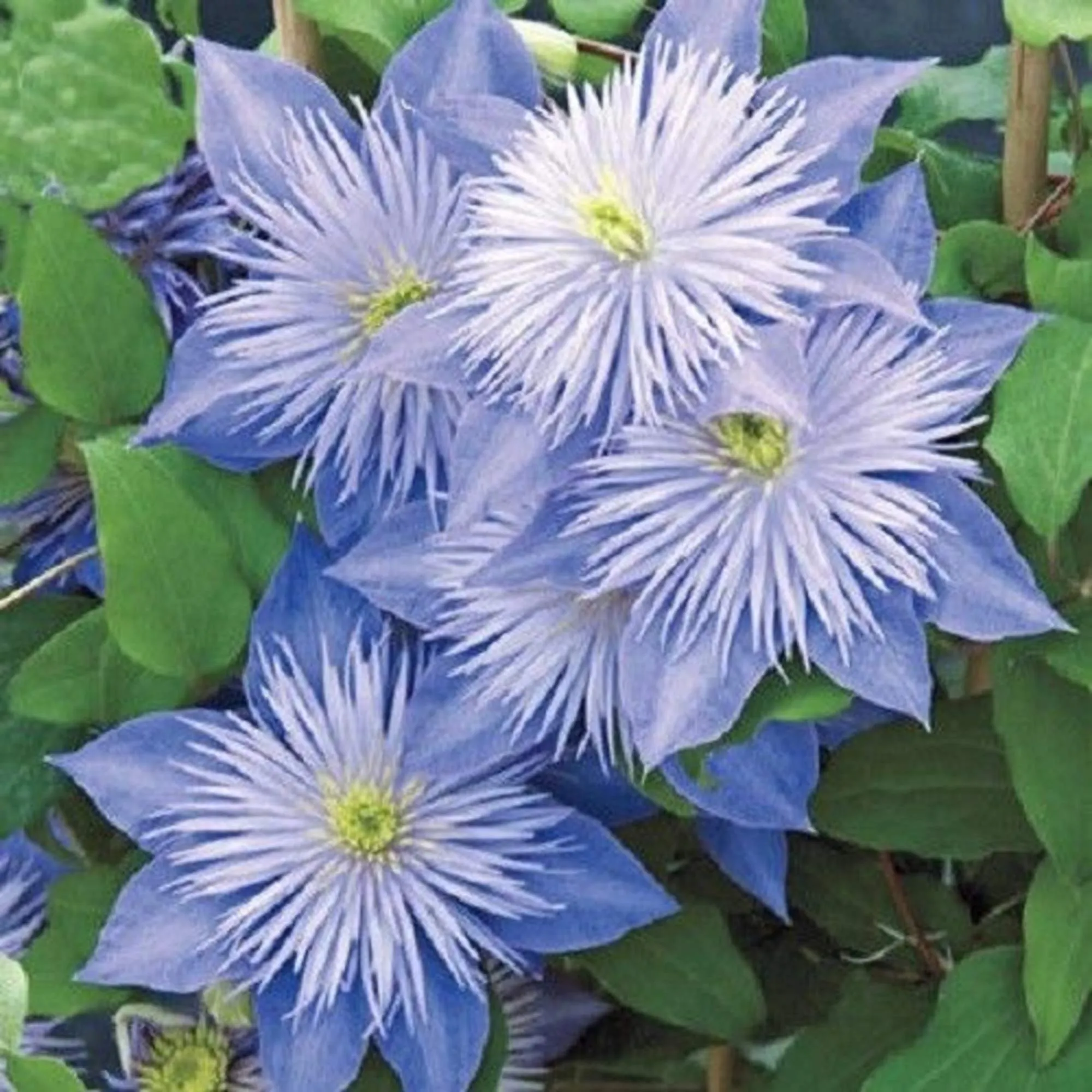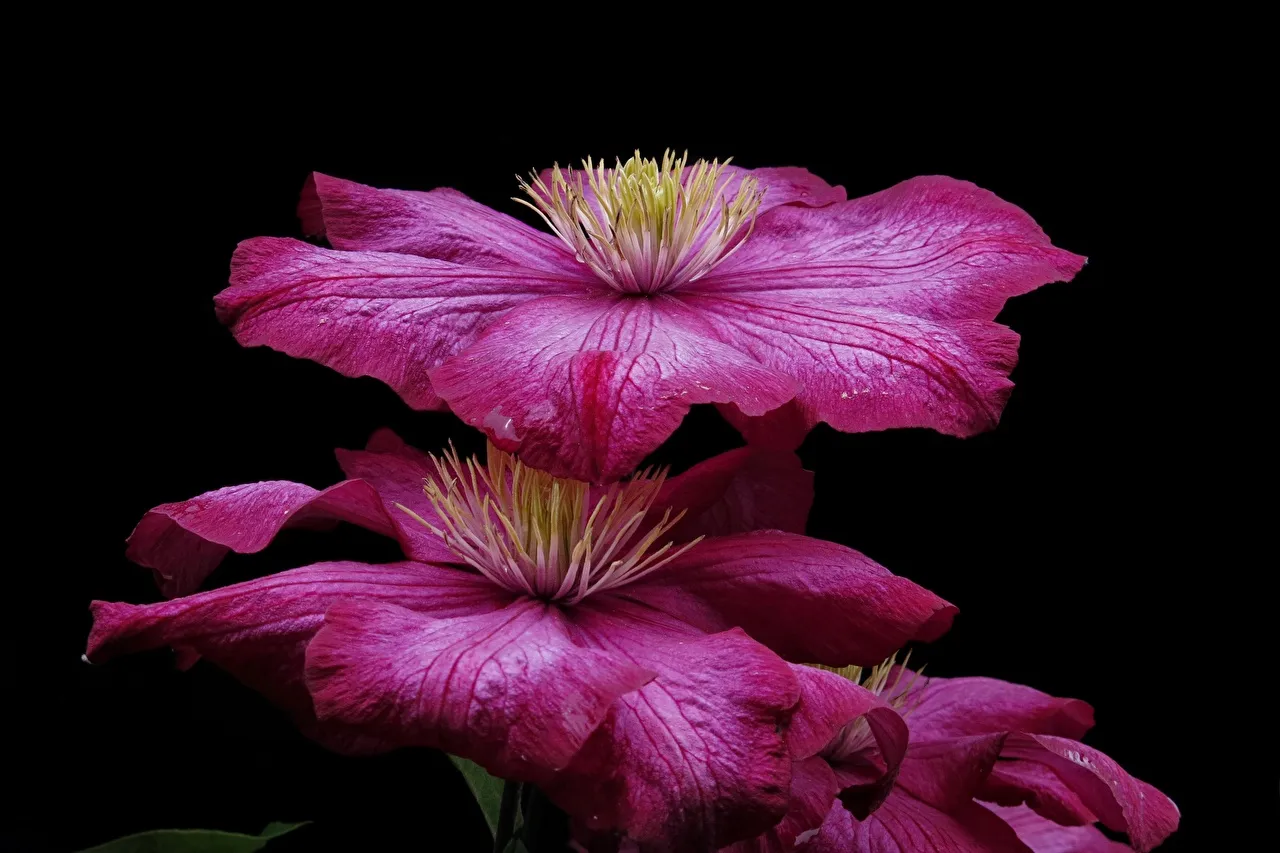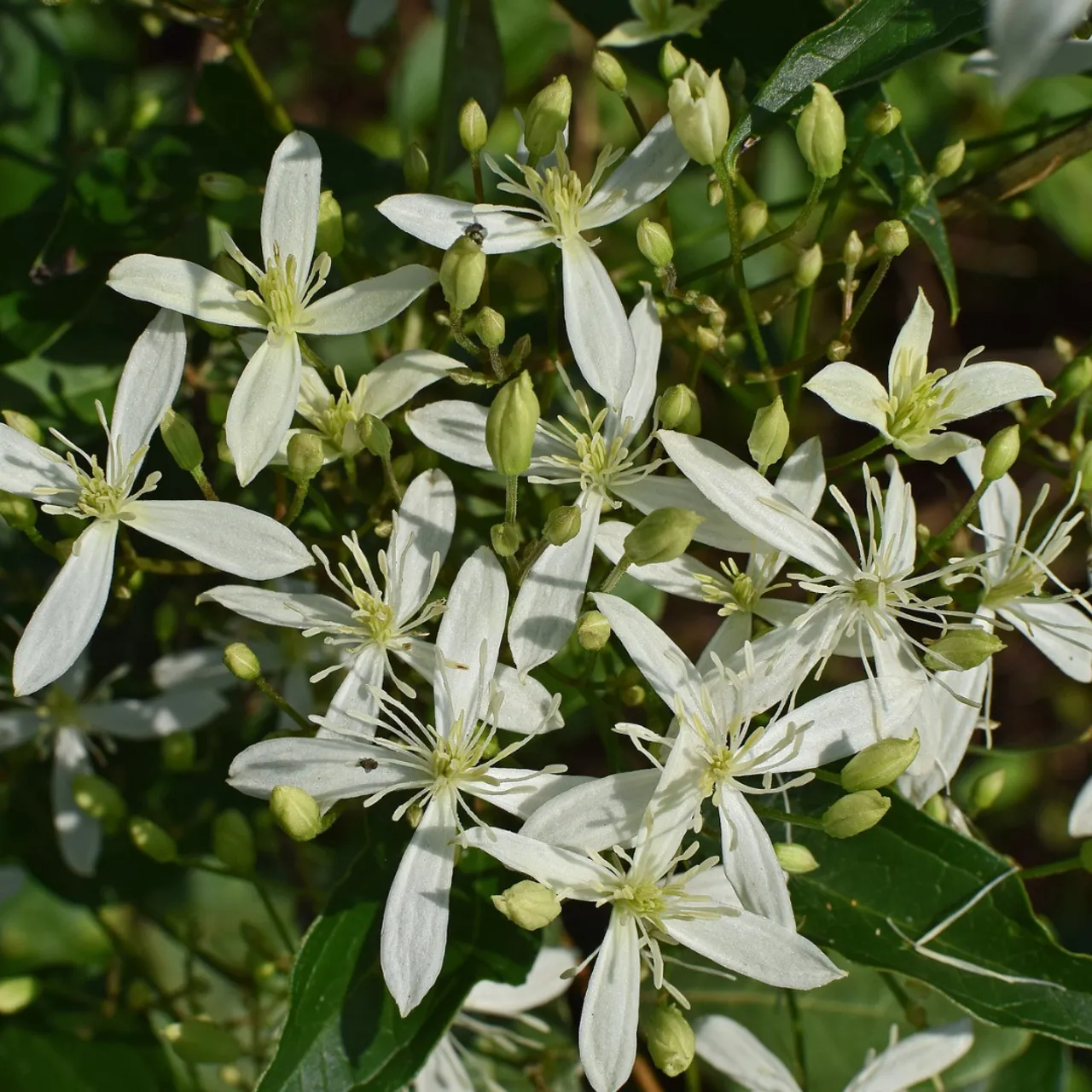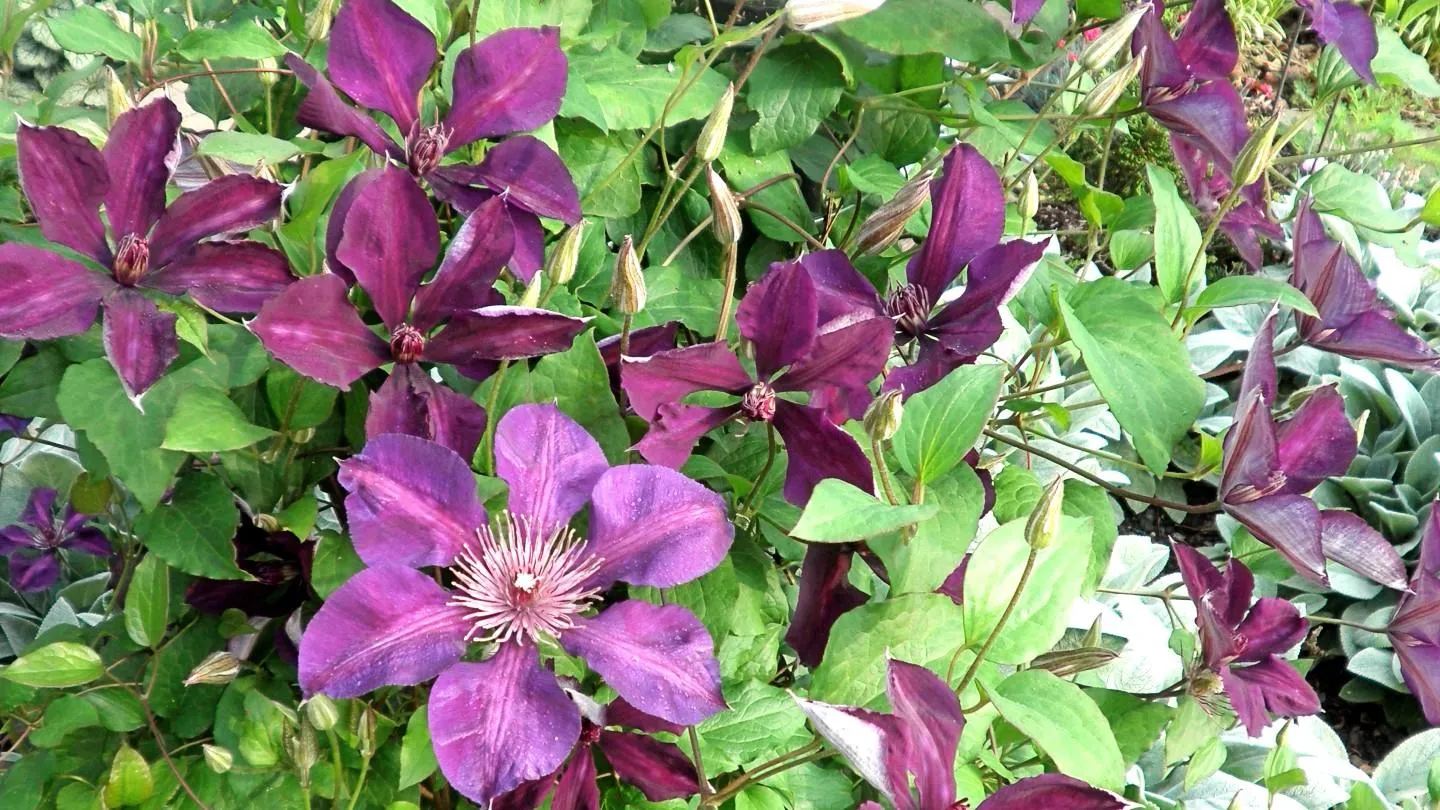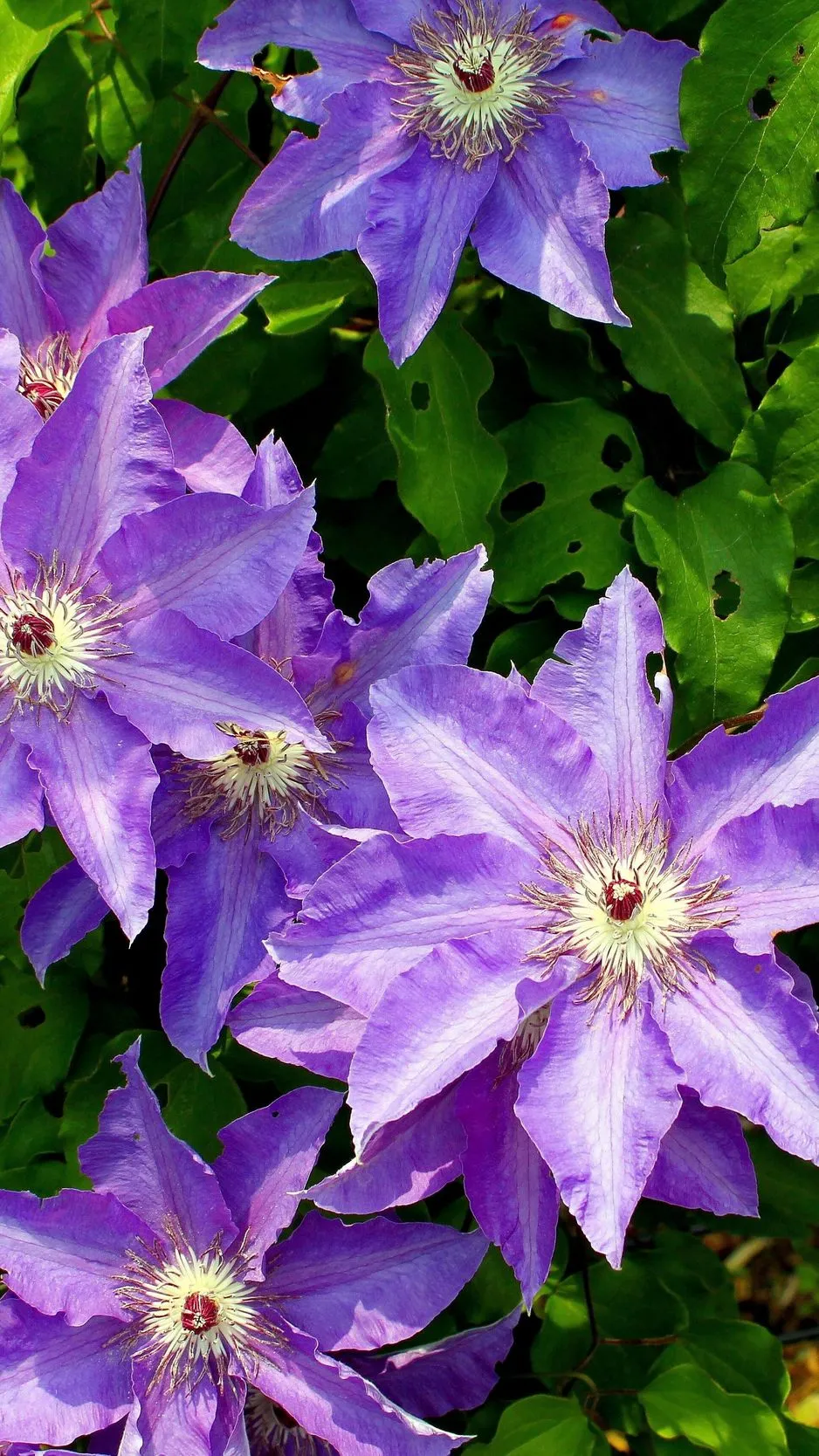Clematis: The Queen of Climbing Flowers
Clematis is a genus of flowering plants that belongs to the buttercup family, Ranunculaceae. It is a highly diverse group of plants that comprises around 300 species and numerous cultivars, ranging from small herbaceous perennials to large woody climbers. Clematis is one of the most popular garden plants, thanks to its showy, colorful flowers, and its ability to climb and cover walls, trellises, and arbors. In this article, we will explore the fascinating world of Clematis, its history, cultivation, and care.
History and Origin of Clematis
The name Clematis is derived from the Greek word "klema," which means "a vine branch." The genus was first described by the Swedish botanist Carl Linnaeus in 1753. The plants are native to many parts of the world, including Europe, North America, and Asia. The largest number of species is found in China, where they have been cultivated for centuries for their medicinal properties. Clematis has a long history of cultivation, dating back to ancient times. The Greeks and Romans were known to use Clematis as a remedy for various ailments, including headaches, rheumatism, and gout. The Chinese also used Clematis for medicinal purposes, as well as for ornamental purposes.
Characteristics of Clematis
Clematis is a diverse group of plants that can be divided into three main groups based on their growth habits: herbaceous, small-flowered, and large-flowered.
Herbaceous Clematis
Herbaceous Clematis is a group of non-vining, herbaceous perennials that grow up to 3 feet tall. They have delicate, nodding flowers that bloom in late spring or early summer. Examples of herbaceous Clematis include C. integrifolia and C. recta.
Small-flowered Clematis
Small-flowered Clematis is a group of woody climbers with small, bell-shaped flowers that bloom in early summer. They are ideal for growing on fences and trellises. Examples of small-flowered Clematis include C. montana and C. viticella.
Large-flowered Clematis
Large-flowered Clematis is the most popular group of Clematis, known for their large, showy flowers that bloom in late spring or early summer. They are vigorous climbers that can grow up to 20 feet tall. Examples of large-flowered Clematis include C. jackmanii and C. Nelly Moser. Clematis flowers come in a wide range of colors, including white, pink, red, purple, blue, and bi-colored. The flowers can be single, semi-double, or double, and they come in various shapes, from star-shaped to bell-shaped.
How to Grow Clematis
Clematis is a relatively easy plant to grow, provided you choose the right location, soil, and support. Here are some tips on how to grow Clematis successfully:
Location
Clematis prefers a sunny or partially shaded location with well-drained soil. They do best in a spot that receives morning sun and afternoon shade. Avoid planting Clematis in areas that are exposed to strong winds, as they can damage the delicate flowers and foliage.
Soil
Clematis prefers a slightly acidic soil with a pH of 6.0 to 7.0. The soil should be rich in organic matter and well-drained. If your soil is heavy clay, add compost or well-rotted manure to improve drainage and fertility. Avoid planting Clematis in waterlogged or compacted soil, as this can lead to root rot and other problems.
Support
Clematis is a climbing plant that needs support to grow. You can use trellises, arbors, fences, or walls as support structures. Make sure the support is sturdy enough to hold the weight of the plant and the flowers. You can also grow Clematis in containers with a trellis or obelisk for support.
Planting
Plant Clematis in the spring or fall, when the soil is moist and cool. Dig a hole that is twice as wide and deep as the root ball. Place the plant in the hole and backfill with soil, making sure the crown of the plant is level with the soil surface. Water well and mulch with a 2-inch layer of organic mulch to conserve moisture and suppress weeds.
Care and Maintenance of Clematis
Clematis is a low-maintenance plant, but it does require some care and maintenance to thrive. Here are some tips on how to care for Clematis:
Watering
Clematis prefers moist soil, but it does not like to be waterlogged. Water deeply once a week, or more often during hot, dry weather. Avoid overhead watering, as this can lead to fungal diseases. Instead, water at the base of the plant using a soaker hose or drip irrigation.
Fertilizing
Clematis is a heavy feeder and requires regular fertilization to grow and bloom well. Apply a balanced, slow-release fertilizer in early spring and again in mid-summer. You can also apply a liquid fertilizer every two weeks during the growing season. Avoid fertilizers high in nitrogen, as this can lead to excessive foliage growth at the expense of flowers.
Pruning
Pruning is essential to keep Clematis healthy and promote abundant flowering. The timing and method of pruning depend on the type of Clematis you have. Generally, large-flowered Clematis should be pruned in late winter or early spring before new growth begins. Small-flowered Clematis should be pruned after flowering. Herbaceous Clematis can be cut back to the ground in late fall or early spring.
Pest and Disease Control
Clematis is relatively pest and disease-free, but it can be susceptible to a few problems, including powdery mildew, leaf spot, and wilt. To prevent these problems, plant Clematis in a well-ventilated location and avoid overhead watering. If you notice any signs of disease, remove the affected leaves and dispose of them. You can also apply a fungicide if necessary. Clematis can be attacked by aphids, spider mites, and slugs. You can control these pests by spraying the plants with insecticidal soap or neem oil.
Popular Clematis Cultivars
There are hundreds of Clematis cultivars to choose from, each with its unique characteristics and beauty. Here are some of the most popular Clematis cultivars:
C. Jackmanii
C. Jackmanii is a large-flowered Clematis with deep purple flowers that bloom from mid-summer to early fall. It is one of the most popular and reliable Clematis cultivars, and it can grow up to 20 feet tall.
C. Nelly Moser
C. Nelly Moser is a large-flowered Clematis with pale pink flowers and a deep pink stripe down the center of each petal. It blooms from mid-spring to early summer and can grow up to 10 feet tall.
C. Montana
C. Montana is a small-flowered Clematis with white or pink flowers that bloom in early spring. It is a vigorous climber that can grow up to 30 feet tall.
C. Rooguchi
C. Rooguchi is a herbaceous Clematis with deep purple-blue flowers that bloom in late spring or early summer. It is a non-vining Clematis that grows up to 6 feet tall and is ideal for growing in borders and containers.
Conclusion
Clematis is a beautiful and versatile plant that can add color and interest to any garden. With its wide range of colors and forms, Clematis can be used to create stunning displays on walls, trellises, and arbors. By choosing the right location, soil, and support, and providing proper care and maintenance, you can enjoy the beauty of Clematis for many years to come.
Frequently asked questions about Clematis wallpapers
What are Clematis pictures?
Clematis pictures are a collection of images featuring the Clematis flower.
What type of flowers are Clematis?
Clematis is a genus of flowering plants that belong to the Ranunculaceae family.
Are the Clematis pictures free to download?
Yes, all Clematis pictures on our website are available for free download.
In what file types are the Clematis pictures available?
The Clematis pictures are available in .jpg, .png, and .webp file formats.
Can I choose the size of the Clematis pictures?
Yes, you can choose the size of the Clematis pictures by selecting the width and height you want.
How many Clematis pictures are available on the website?
We have a collection of 55 Clematis pictures available for download.
Is it possible to download Clematis pictures on a mobile device?
Yes, our website automatically detects the visitor's mobile screen size and chooses the right size for the visitor to download.
Can I use the Clematis pictures for commercial purposes?
All Clematis pictures on our website are free to use for personal and commercial purposes.
Do I need to credit the website when using the Clematis pictures?
No, you do not need to credit our website when using the Clematis pictures. However, if you want to support us, you can credit us by providing a link to our website.
Are the Clematis pictures edited or enhanced?
All Clematis pictures on our website are in their original form and have not been edited or enhanced.
Can I request specific Clematis pictures?
Unfortunately, we do not take requests for specific Clematis pictures. However, we regularly update our collection with new Clematis pictures.


